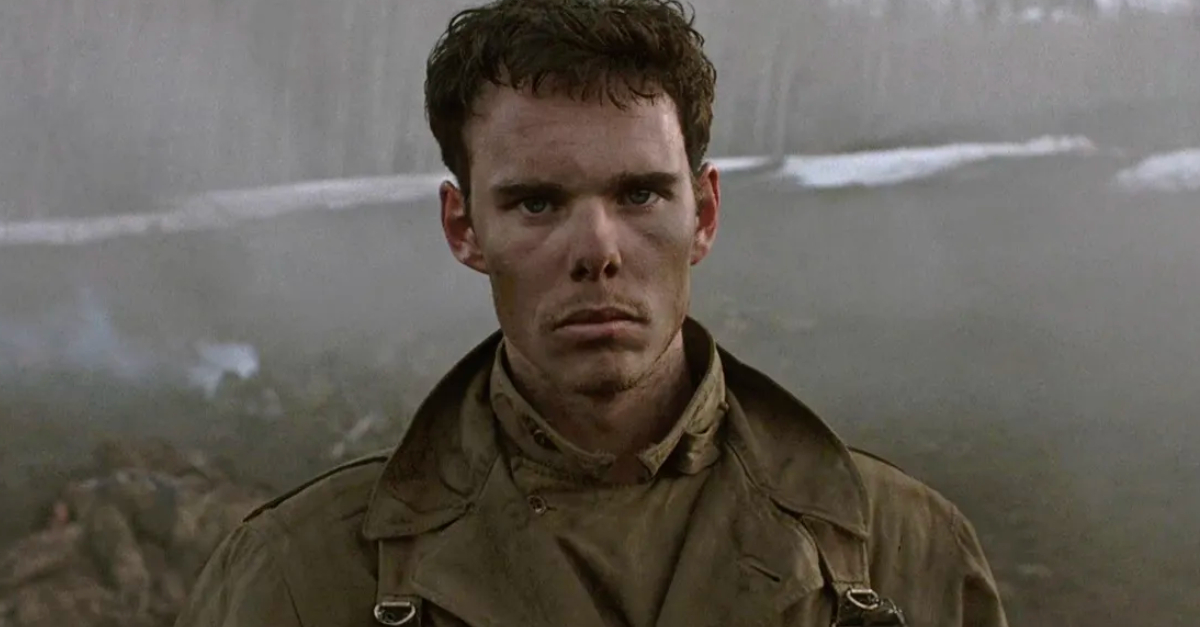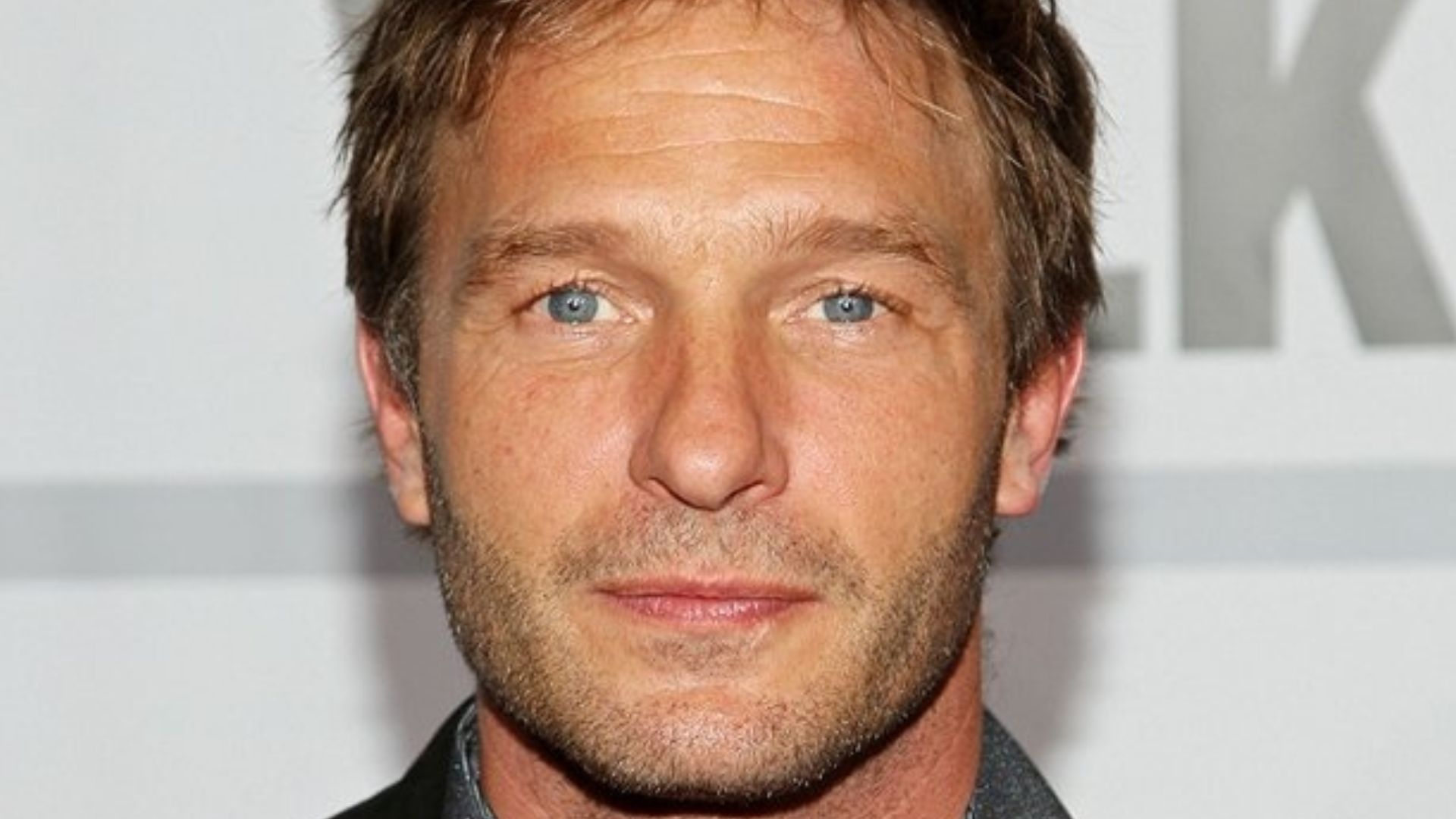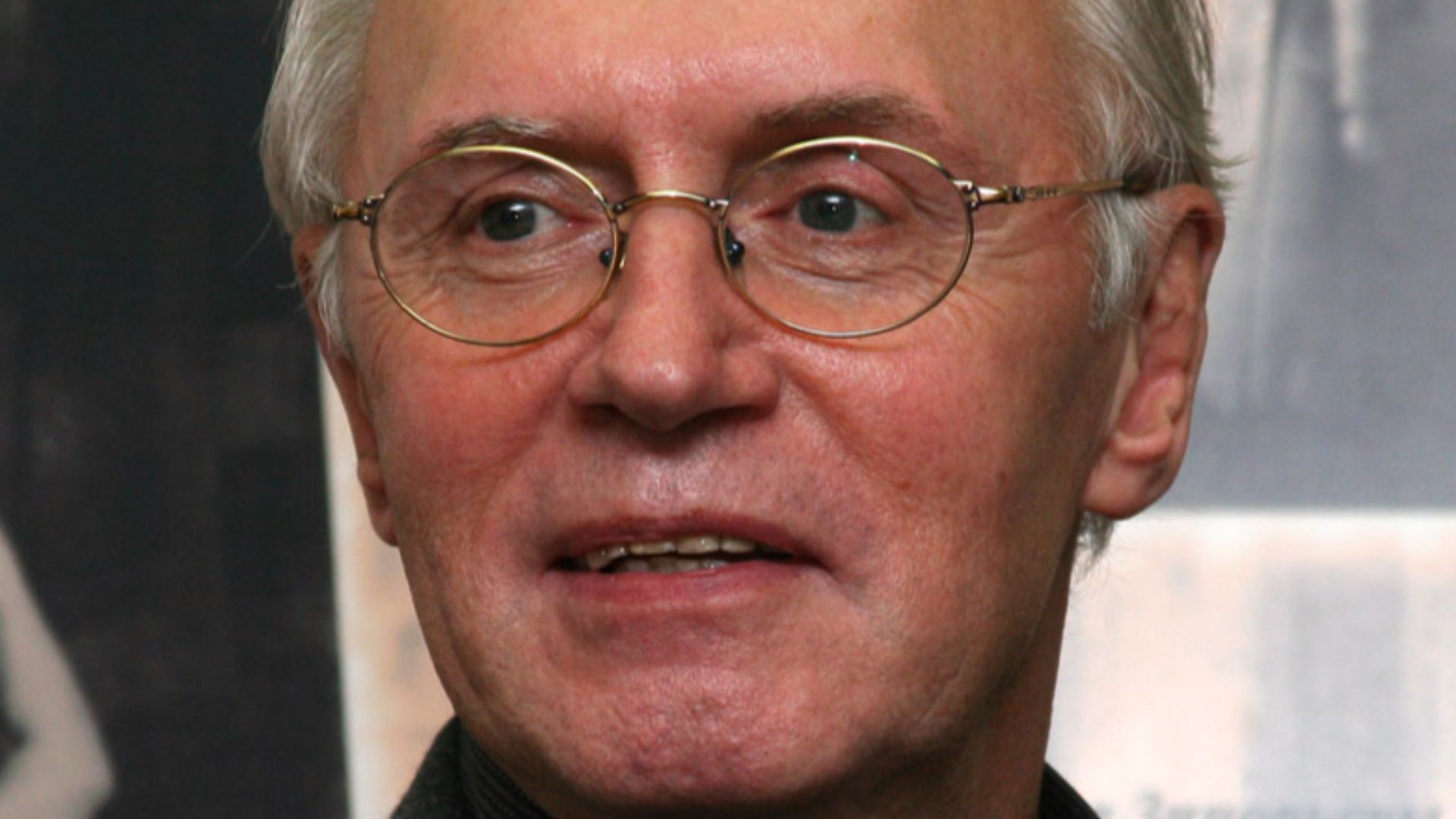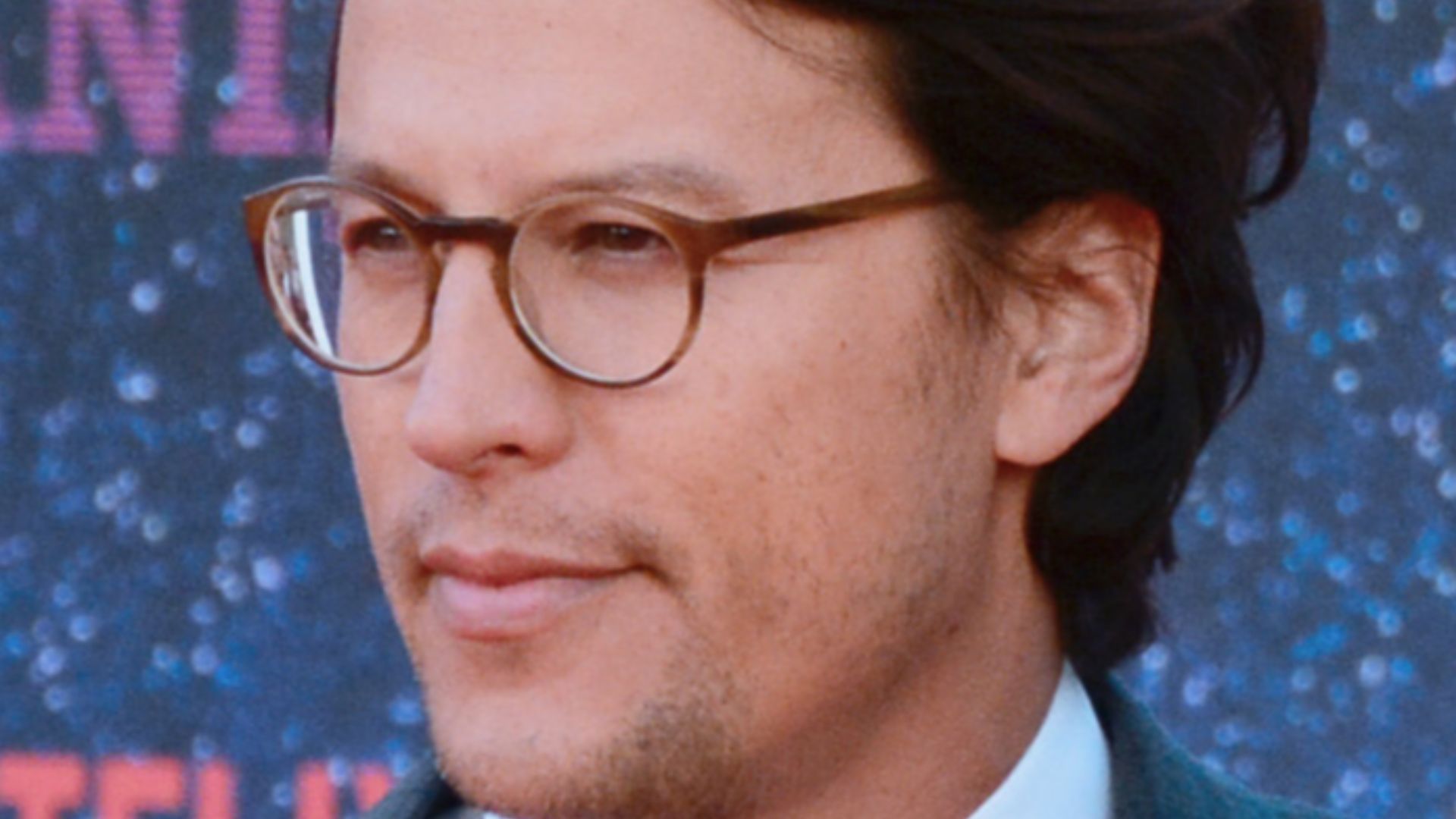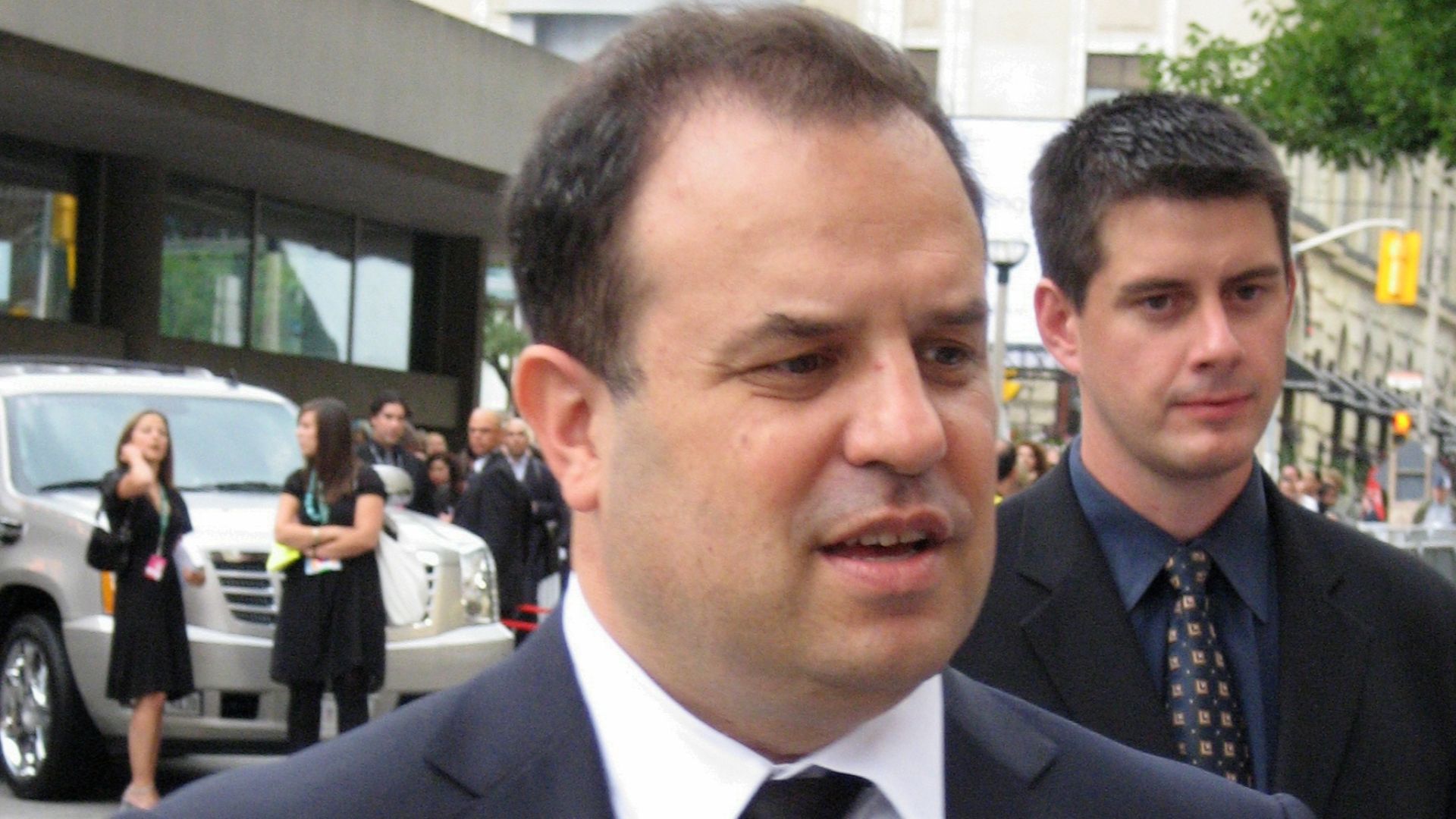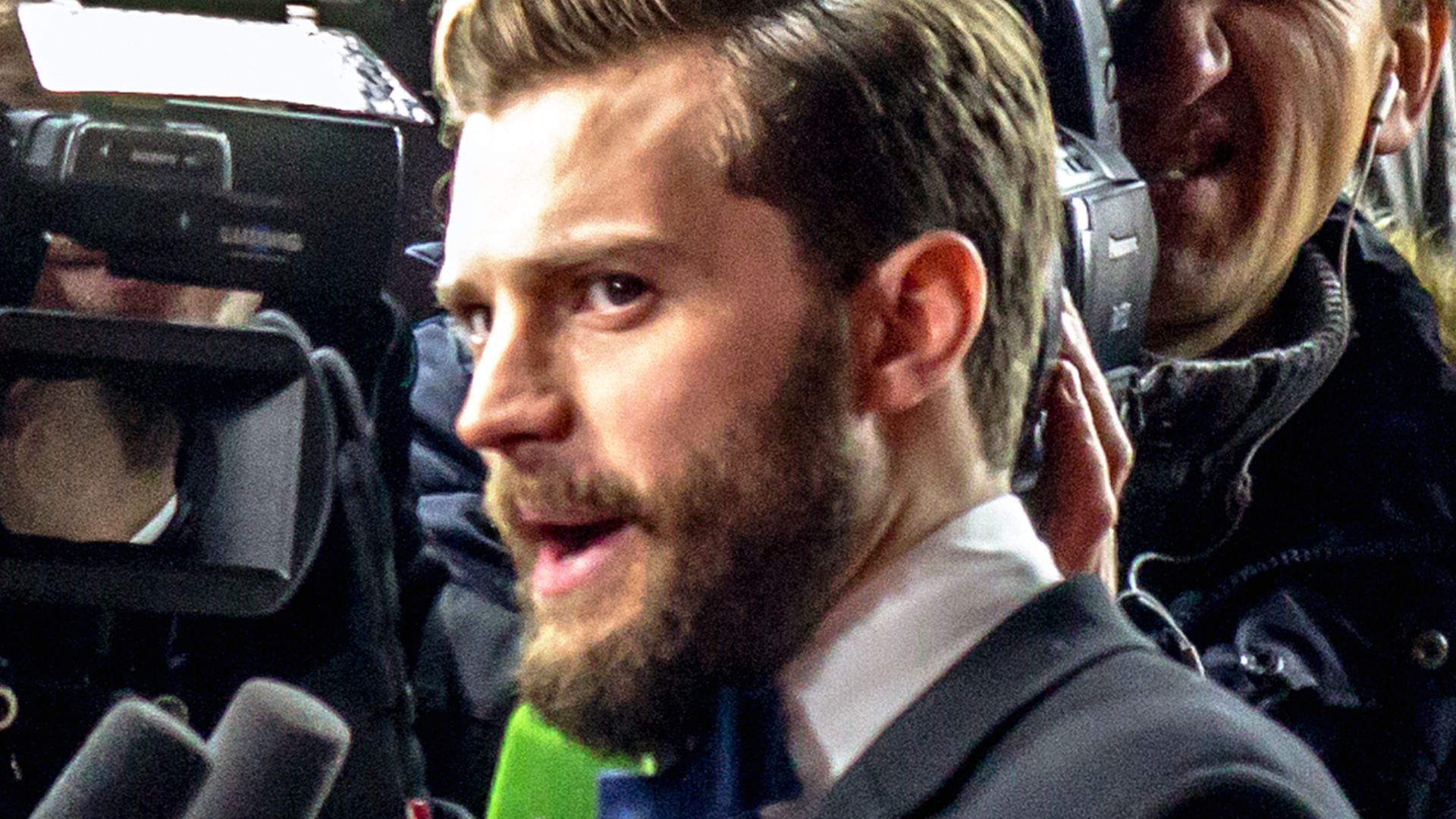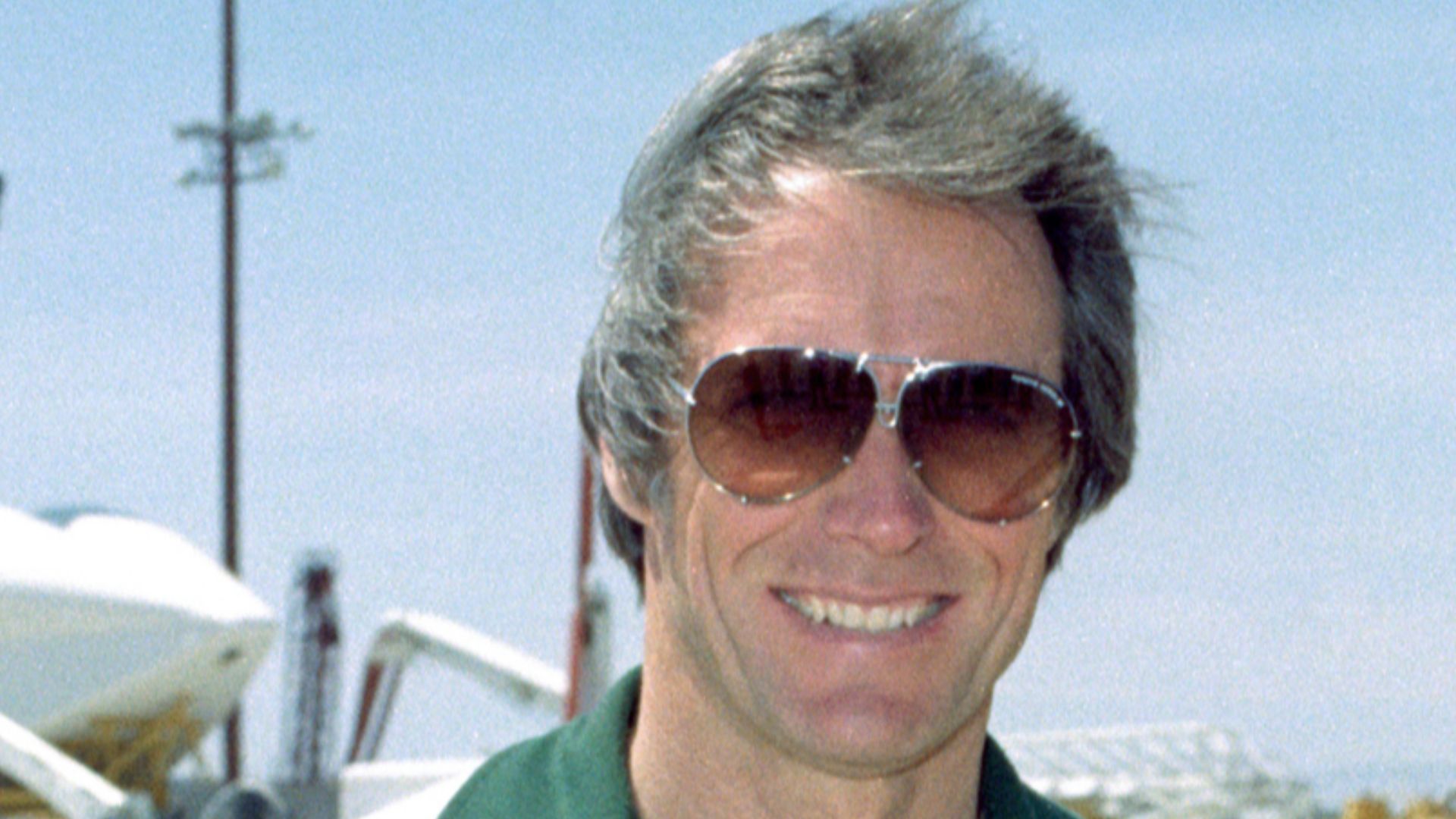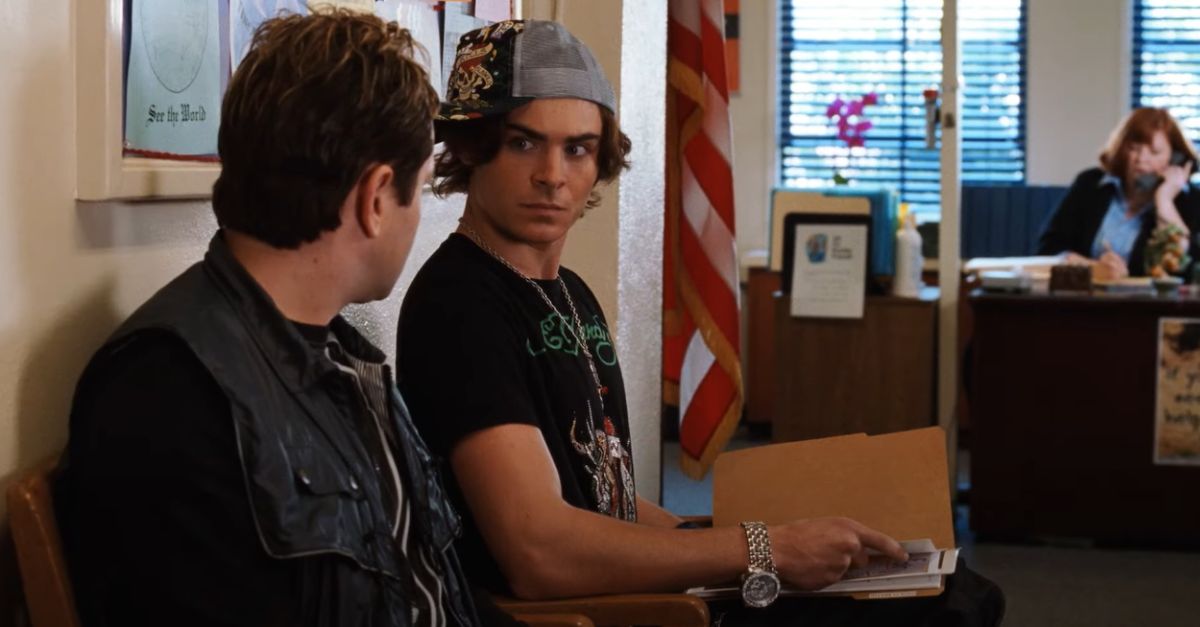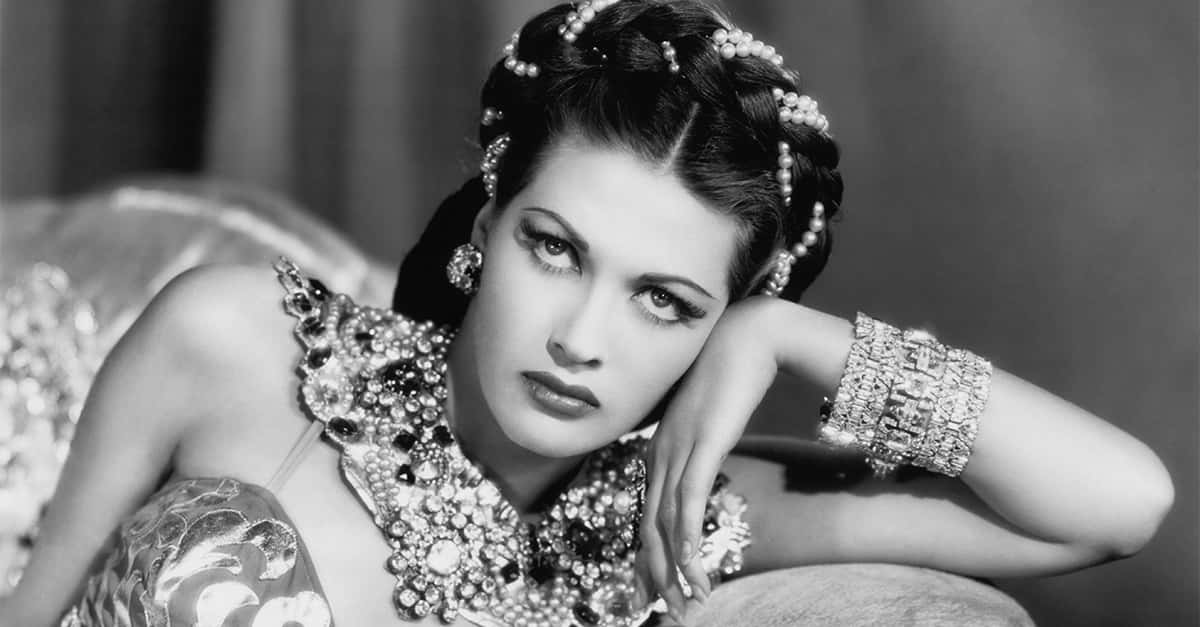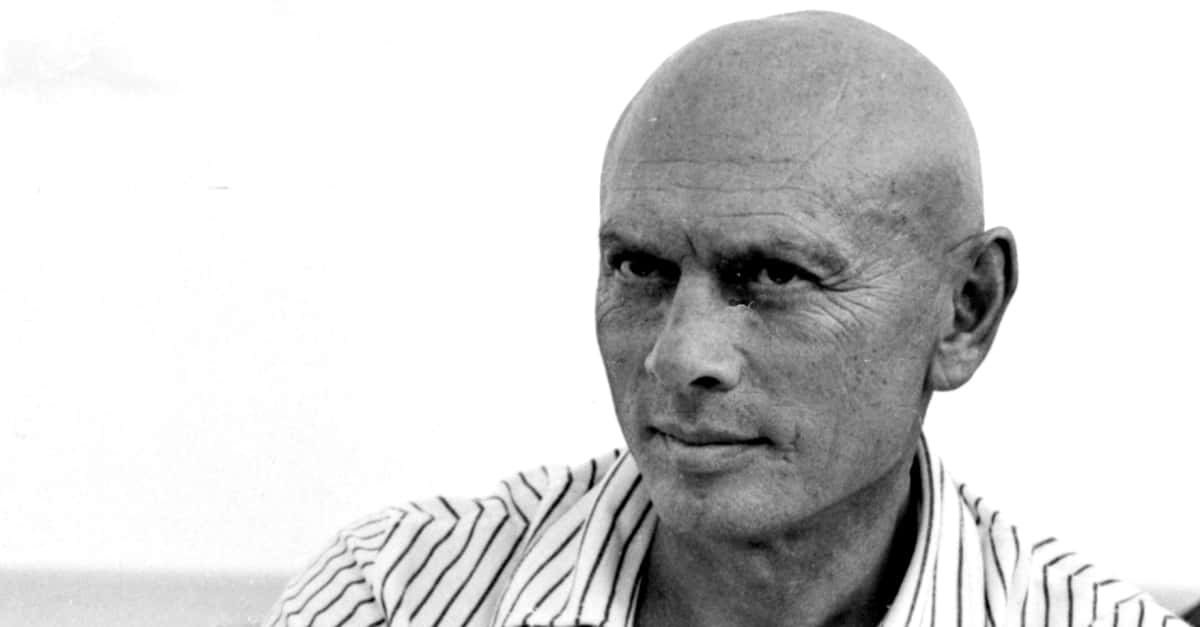Missing in Action—but Masterpieces
You’ve seen Saving Private Ryan, 1917, Apocalypse Now, and Dunkirk. We all have—and they’re great. But some of the best war films never made the Oscar stage, the box office top 10, or even the movie rewatch podcasts. These are the hidden gems that—like a good wartime submarine—slipped under the radar. Well, allow us to put them back on it, because these are the great war movies you really have to see.
"The Beast (1988)"
Directed by Kevin Reynolds (Robin Hood: Prince of Thieves), this tense story of a lost Soviet tank crew hunted by Afghan fighters has become a cult favorite. Reynolds called it “a morality play in a steel coffin.” Brutal, human, and shockingly relevant today, it’s war seen from inside the machine.
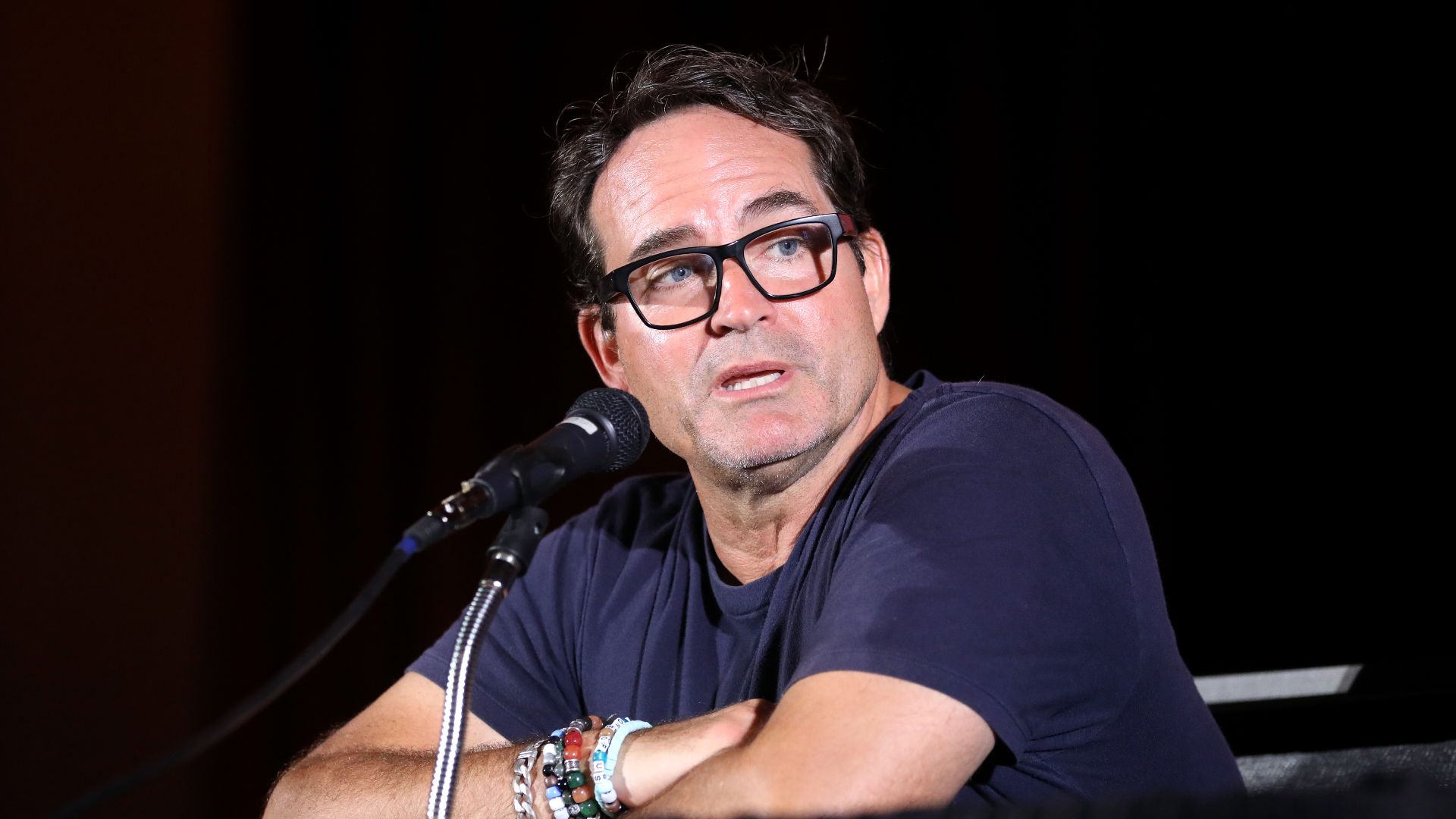 Gage Skidmore from Surprise, AZ, United States of America, Wikimedia Commons
Gage Skidmore from Surprise, AZ, United States of America, Wikimedia Commons
"Come and See (1985)"
Elem Klimov’s masterpiece follows a Belarusian boy swept into resistance fighting. Its realism is so raw that Klimov said he could never make another film after it. “Everything after this would be lighter,” he admitted. You’ll understand why—it’s devastating and unforgettable.
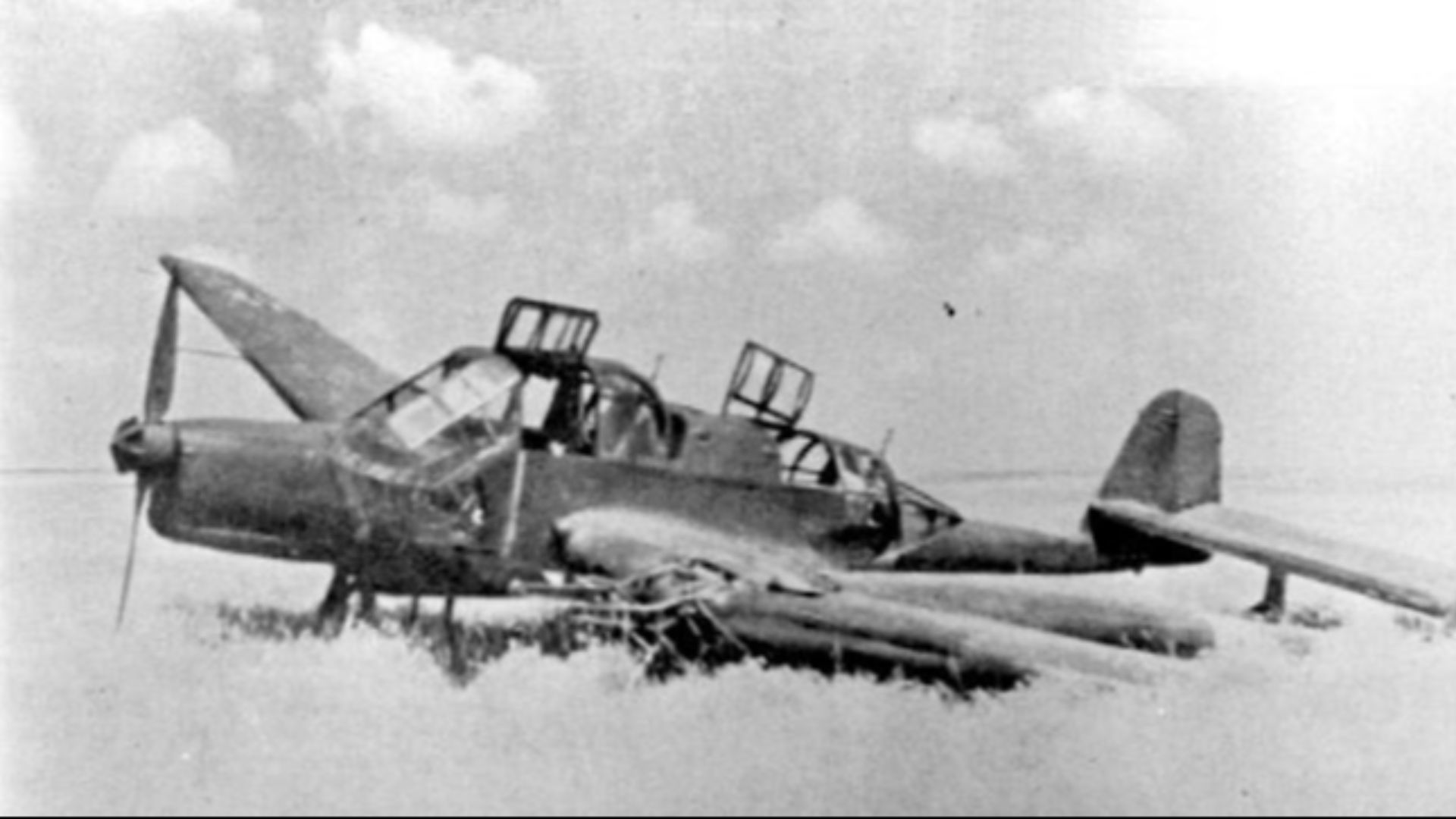 Unknown authorUnknown author, Wikimedia Commons
Unknown authorUnknown author, Wikimedia Commons
"A Midnight Clear (1992)"
Keith Gordon directs this quiet WWII drama about U.S. soldiers and German troops who agree to a temporary truce on Christmas. Ethan Hawke later called it “the most emotional experience I had on set.” Small, eerie, and deeply human, it deserves far more attention.
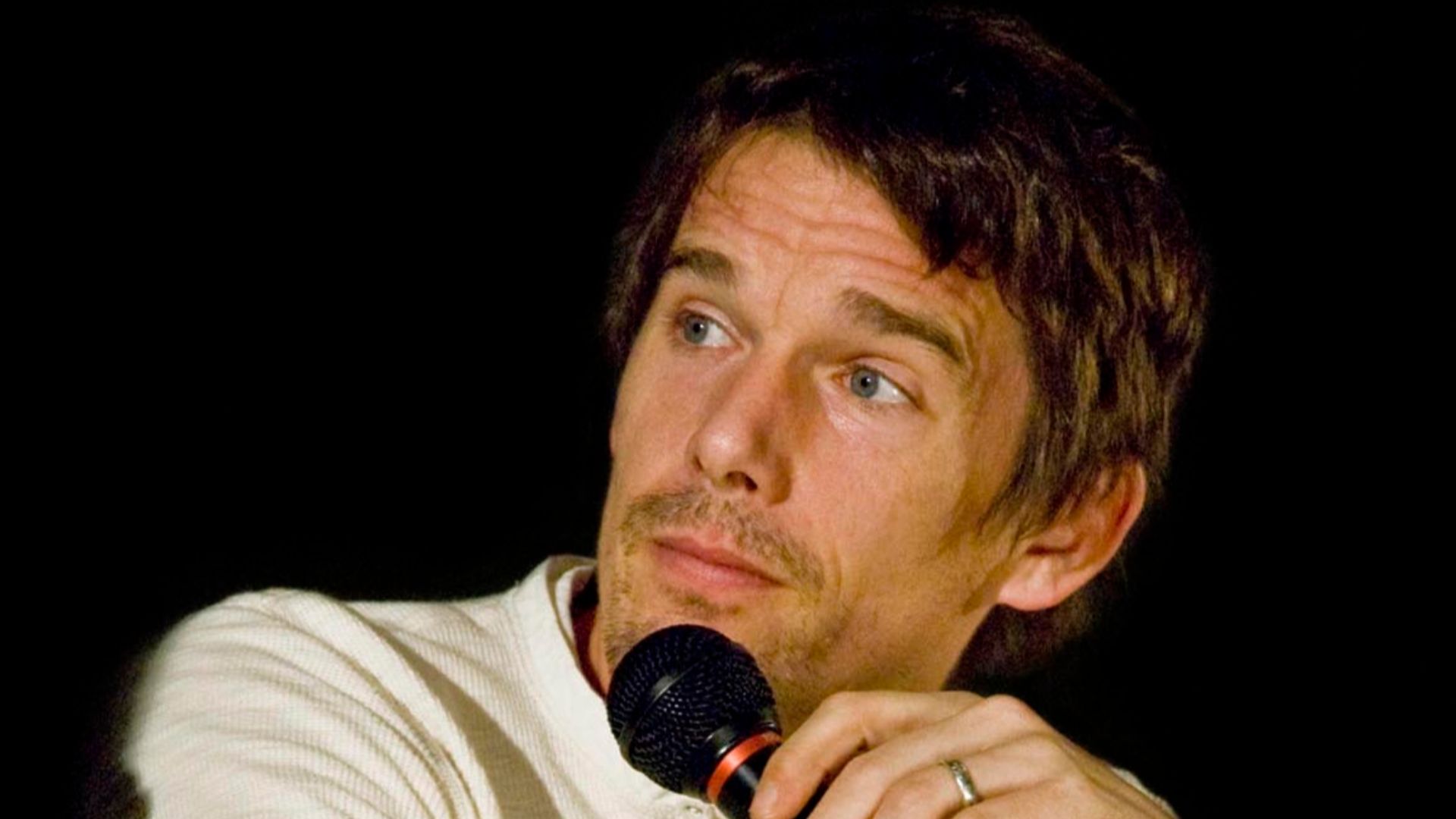 Bridget Laudien, Wikimedia Commons
Bridget Laudien, Wikimedia Commons
"Merry Christmas, Mr. Lawrence (1983)"
Directed by Nagisa Ōshima, this hypnotic story set in a Japanese POW camp stars David Bowie as a British officer navigating cultural collision and moral tension. Bowie said he took the role because “it wasn’t about war—it was about understanding.” The result is hauntingly beautiful.
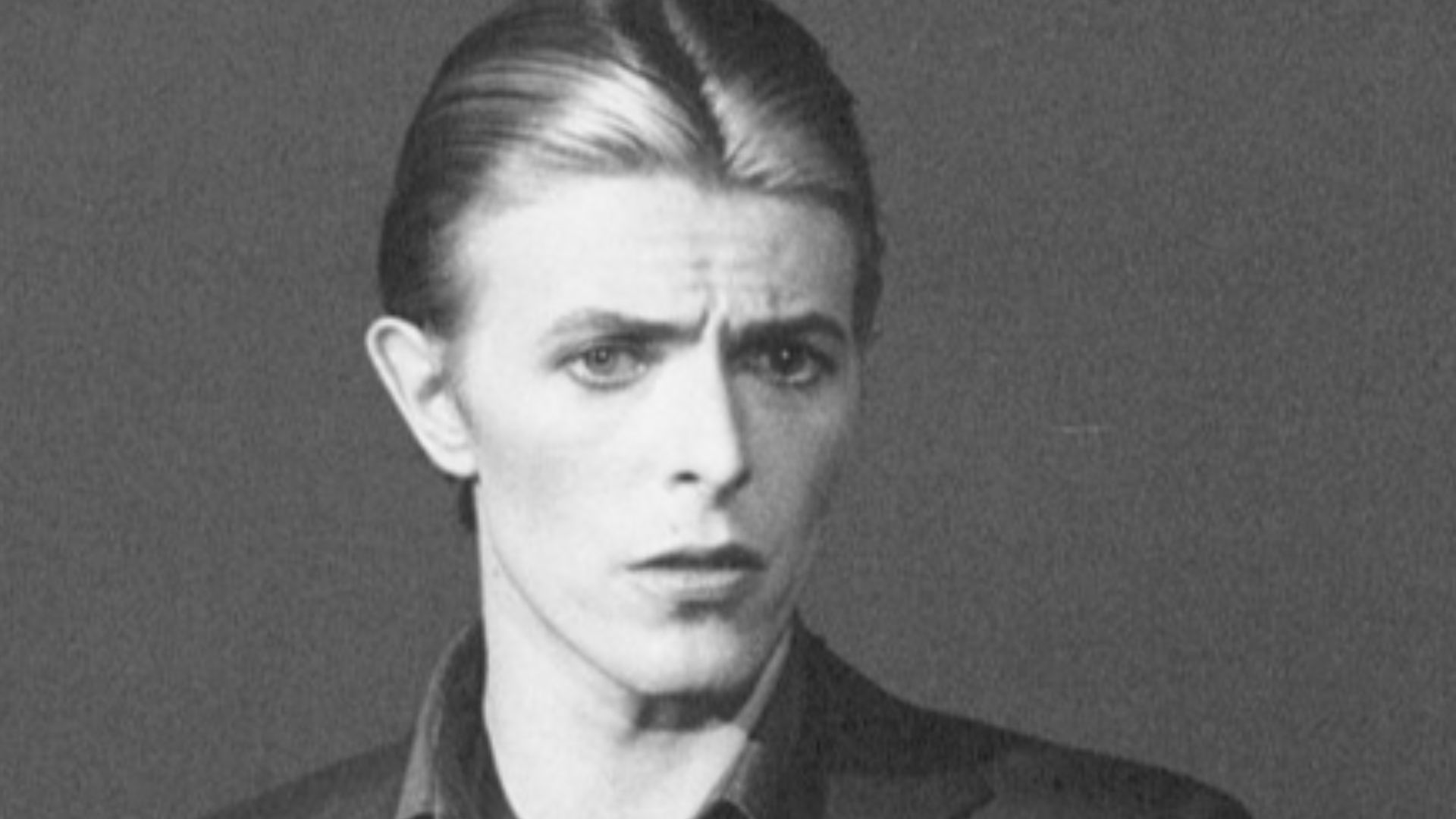 CBS Television, Wikimedia Commons
CBS Television, Wikimedia Commons
"The Painted Bird (2019)"
Czech director Václav Marhoul spent over a decade adapting Jerzy Kosiński’s novel into this black-and-white odyssey through war-torn Eastern Europe. Critics compared it to Come and See for its intensity, and Marhoul called it “a film about the loss of humanity, not war itself.”
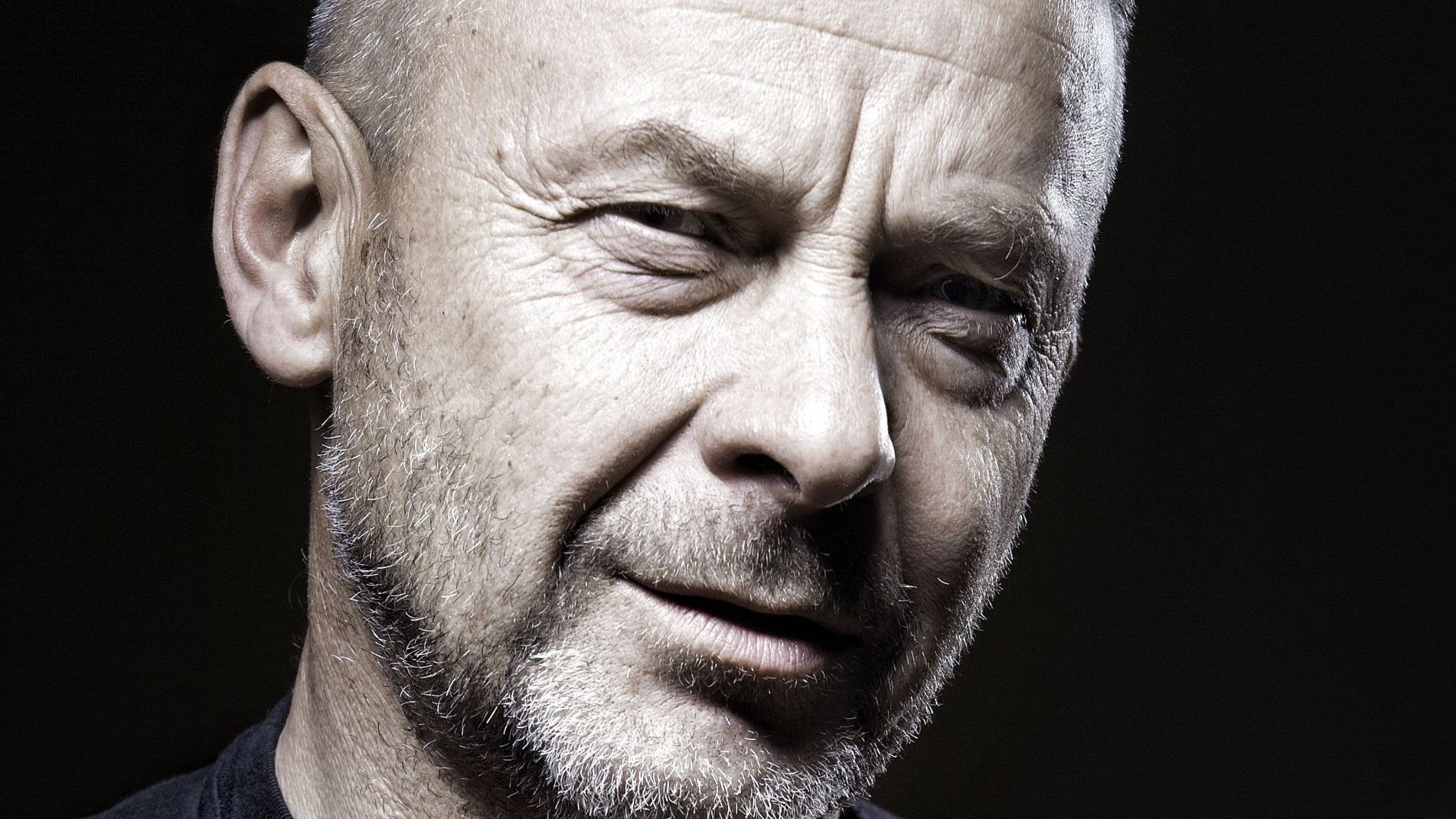 Lukas Marhoul, Wikimedia Commons
Lukas Marhoul, Wikimedia Commons
"Days of Glory (2006)"
Directed by Rachid Bouchareb, this film finally gave voice to North African soldiers who fought for France. After its release, the French government even increased pensions for surviving veterans. Few war films have had such real-world impact.
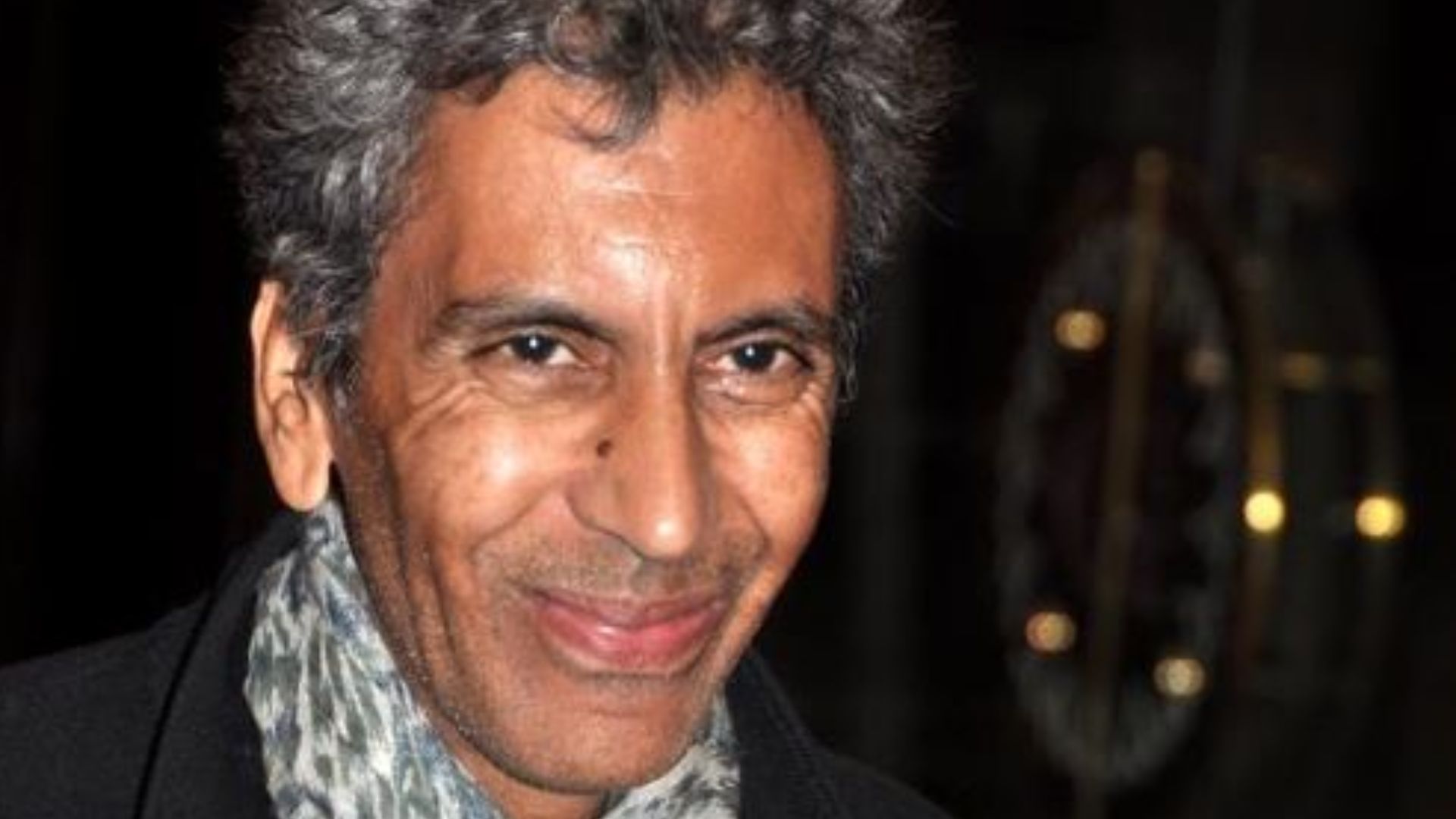 Georges Biard, Wikimedia Commons
Georges Biard, Wikimedia Commons
"Taegukgi: The Brotherhood of War (2004)"
From director Kang Je-gyu, Taegukgi follows two brothers torn apart by the Korean War. With massive battle sequences rivaling Saving Private Ryan, it’s still the emotional gut-punch that stands out. Kang called it “a love story disguised as a war film.”
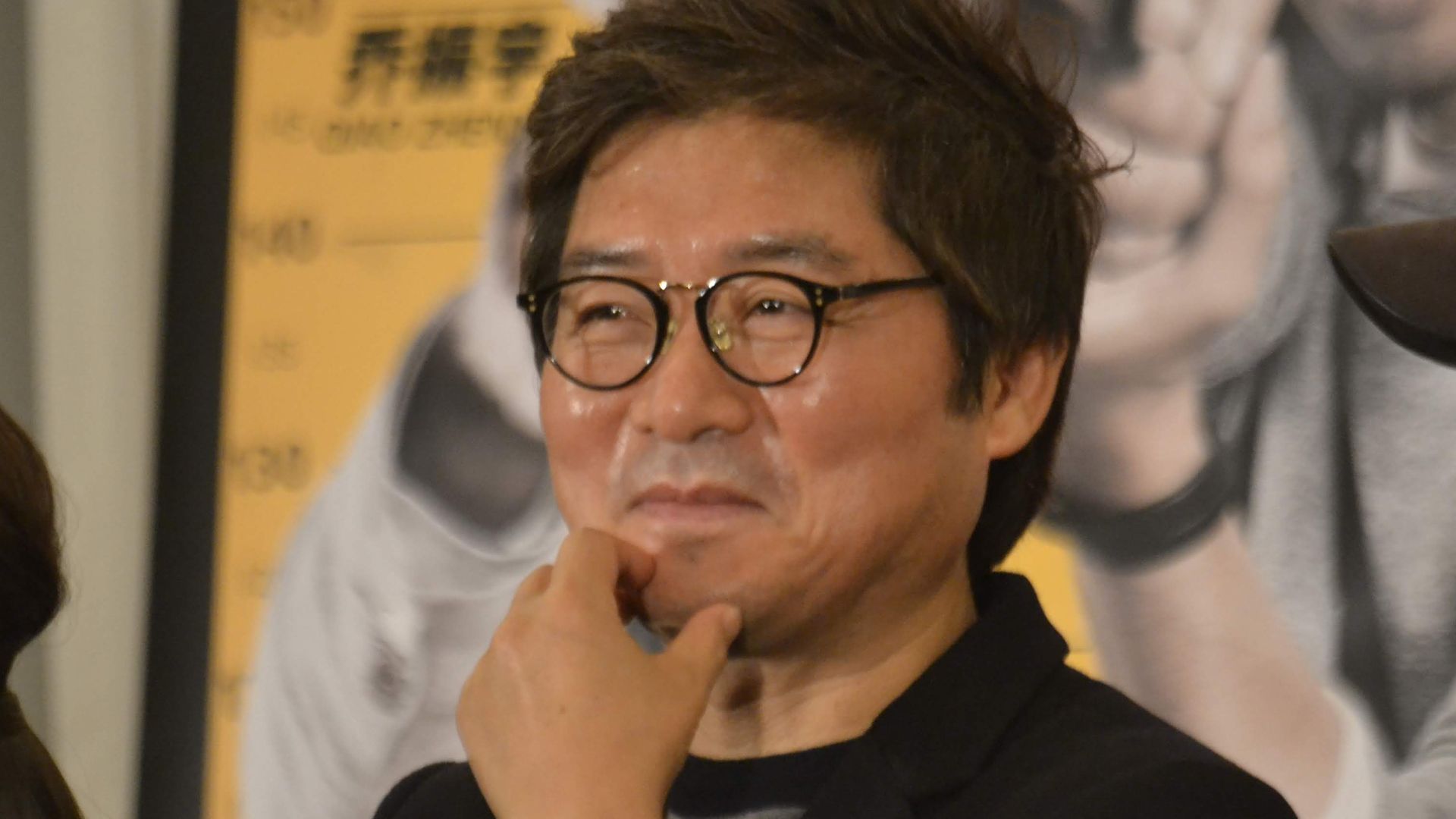 Kinocine PARKJAEHWAN, Wikimedia Commons
Kinocine PARKJAEHWAN, Wikimedia Commons
"The Wind That Shakes the Barley (2006)"
Ken Loach’s Cannes-winning drama stars Cillian Murphy as a young Irish doctor turned revolutionary. Loach described it as “a story of idealism turned to heartbreak.” It’s the rare war film that feels deeply personal—and painfully timeless.
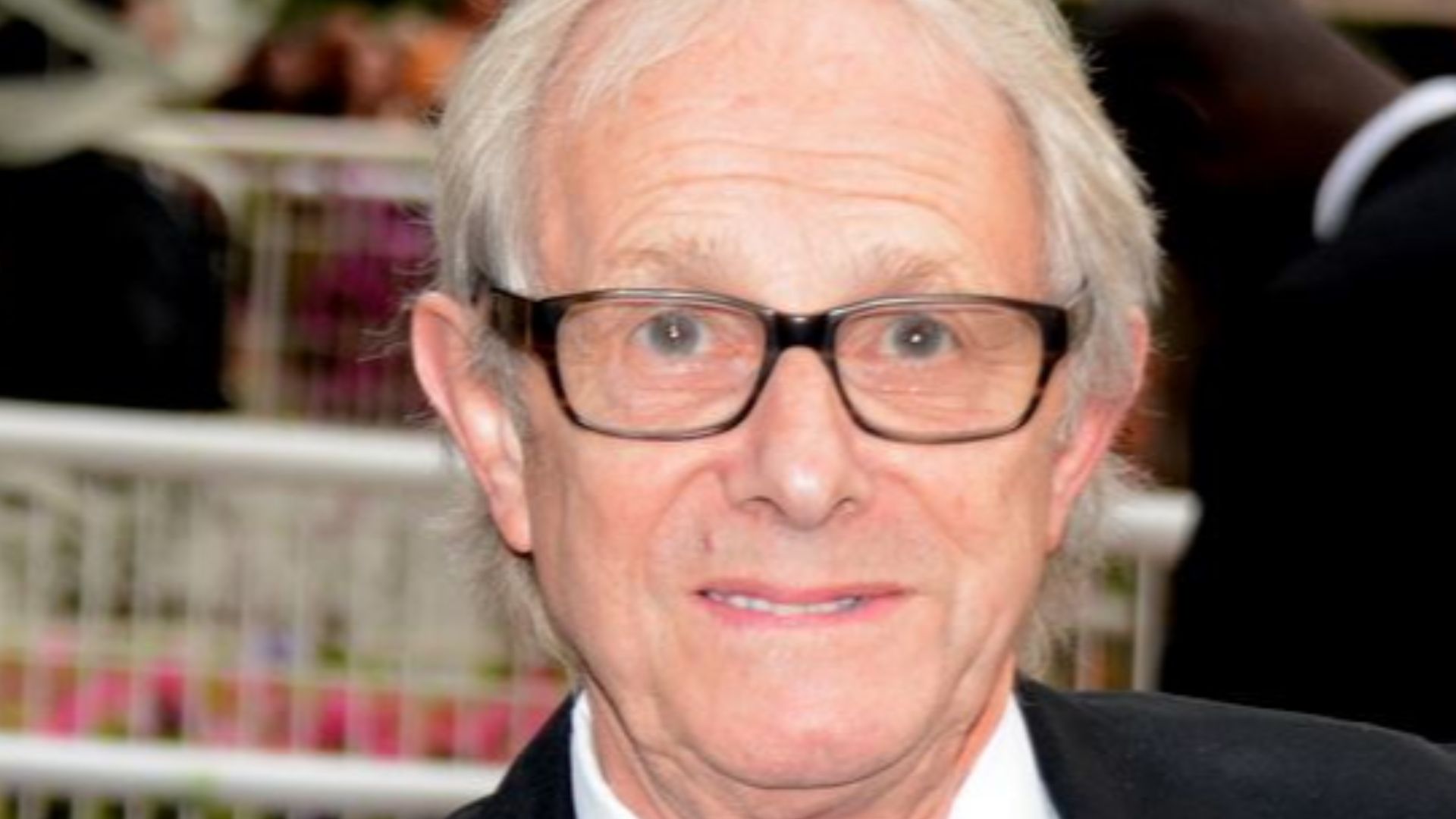 Georges Biard, Wikimedia Commons
Georges Biard, Wikimedia Commons
"The Thin Red Line (1998)"
Terrence Malick’s lyrical WWII epic came out about 6 months after Saving Private Ryan and was overshadowed by the latter amongst the majority of the movie-going audience. The film questions whether nature itself mourns war’s destruction. With performances by Sean Penn and Jim Caviezel, it’s meditative, strange, and spiritual. Malick said he wanted to show “how beauty and horror coexist, even on the battlefield.”
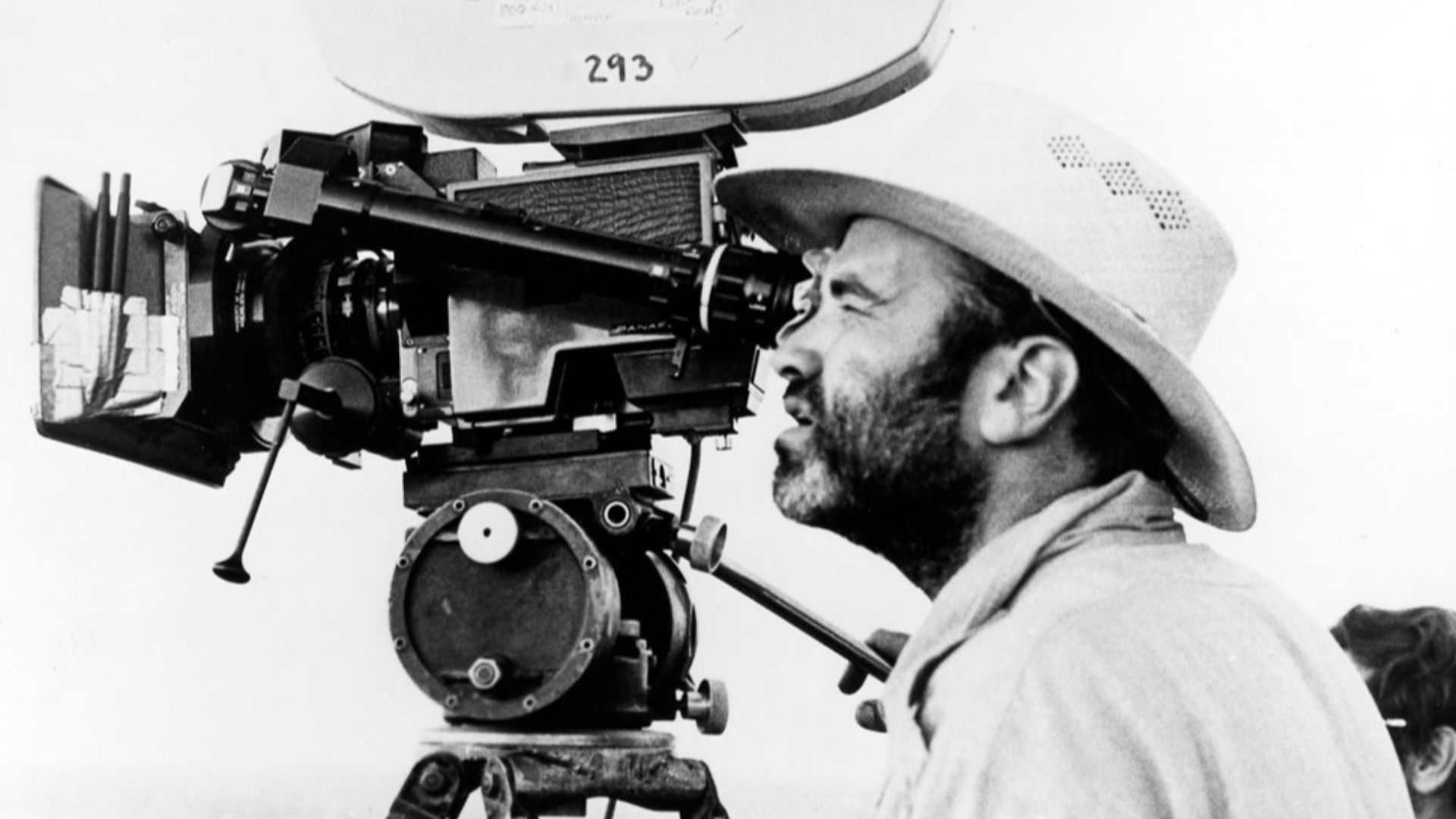 Jester-being, Wikimedia Commons
Jester-being, Wikimedia Commons
"Stalingrad (1993)"
Joseph Vilsmaier’s Stalingrad tells the story from the German side—not as propaganda, but as tragedy. The realism is so intense it borders on documentary. Vilsmaier called it “a requiem, not a war movie.”
"Rescue Dawn (2006)"
Werner Herzog’s jungle survival story stars Christian Bale as real-life pilot Dieter Dengler. Herzog, who also made a documentary about Dengler, said he admired “his absolute refusal to give up.” The result is both thrilling and strangely uplifting.
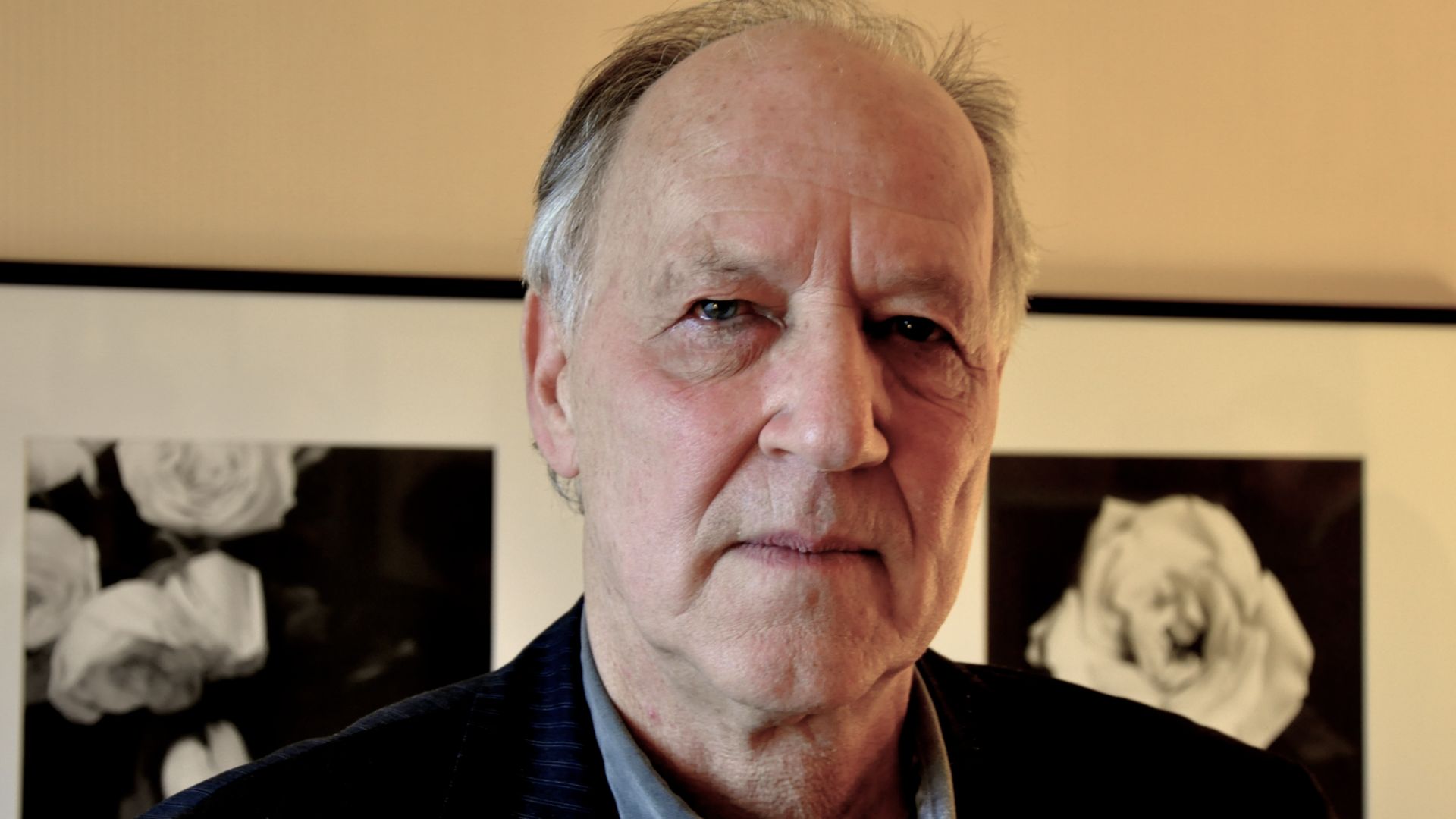 Raffi Asdourian from New York, United States, Wikimedia Commons
Raffi Asdourian from New York, United States, Wikimedia Commons
"The Great Battle (2018)"
Directed by Kim Kwang-shik, this Korean historical epic re-creates the Siege of Ansi with breathtaking scale. Critics praised it as “visually stunning and unexpectedly emotional.” It’s action cinema with a soul.
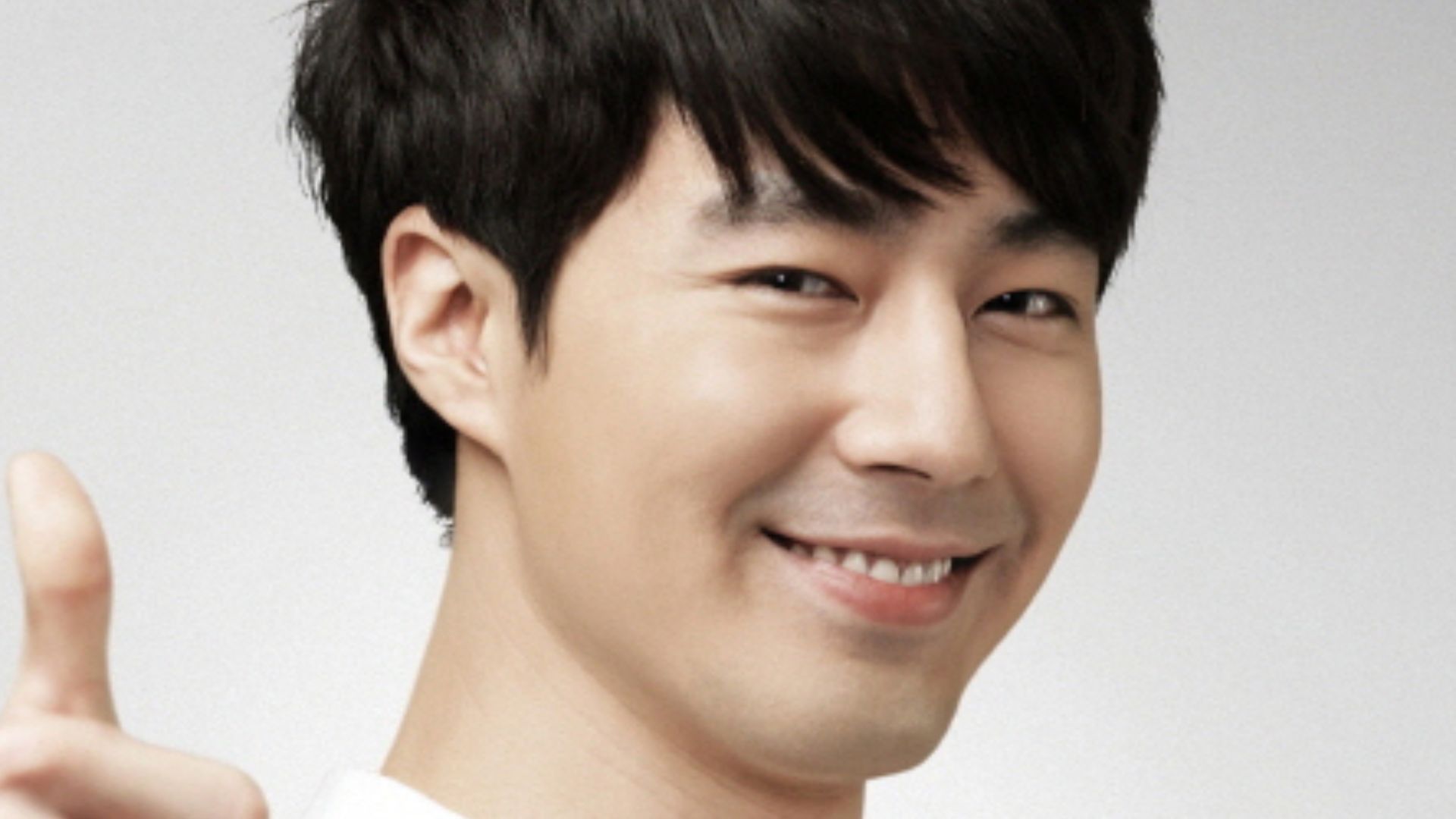 LG Electronics, Wikimedia Commons
LG Electronics, Wikimedia Commons
"The Counterfeiters (2007)"
Austrian director Stefan Ruzowitzky based this on the true Operation Bernhard forgery scheme. It won the Oscar for Best Foreign Language Film, but somehow still slipped from public memory. Ruzowitzky said it’s about “how survival can corrupt the very thing that makes us human.”
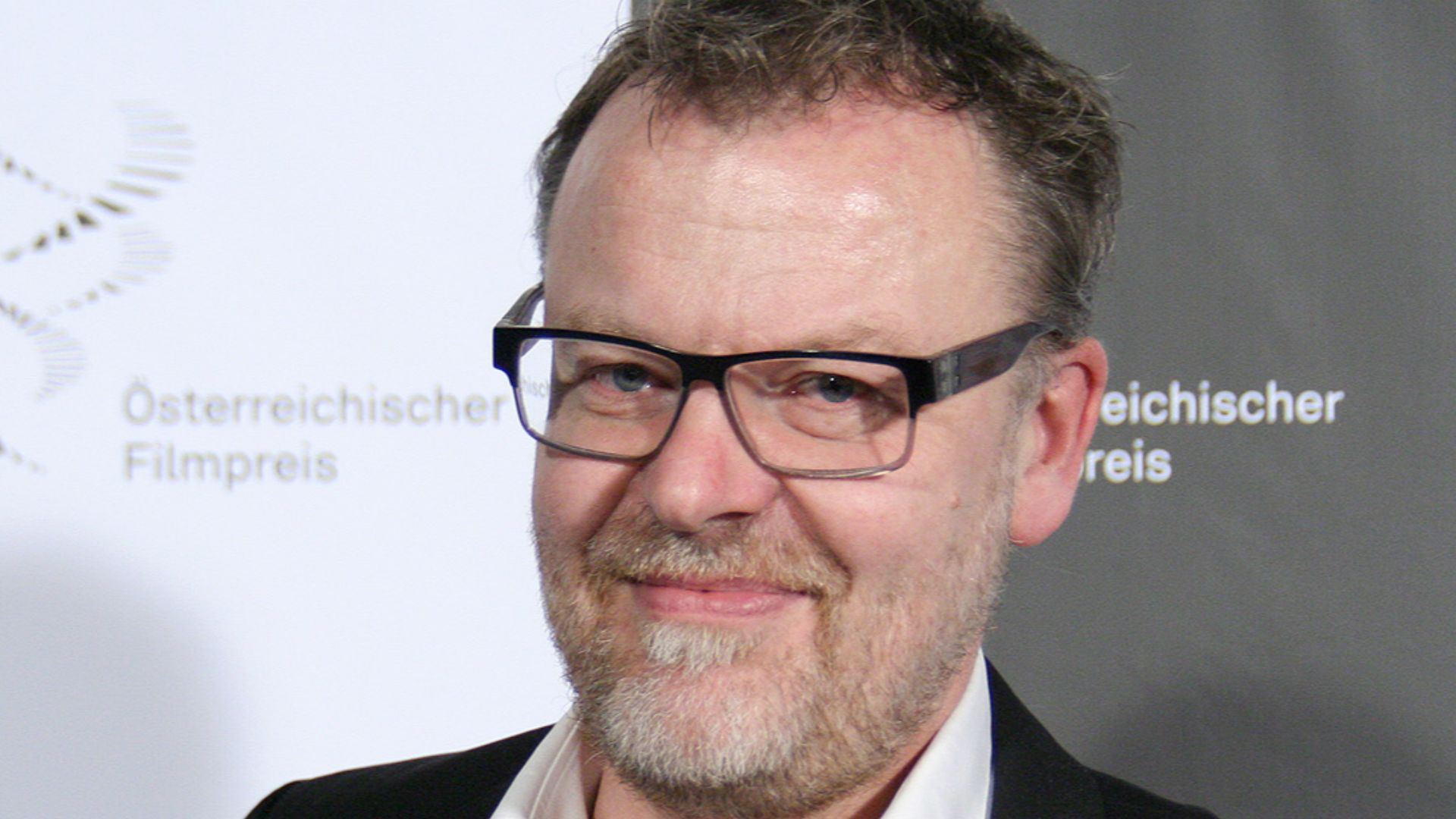 Manfred Werner - Tsui, Wikimedia Commons
Manfred Werner - Tsui, Wikimedia Commons
"The Ascent (1977)"
Larisa Shepitko’s final film before her tragic death, The Ascent is austere, spiritual, and piercingly human. Her husband, Elem Klimov (who made Come and See), said it “asks what happens to faith when everything else is stripped away.” It’s war cinema as moral parable.
"Fires on the Plain (1959)"
Kon Ichikawa’s brutal classic follows a starving soldier in the Philippines as his army collapses. Ichikawa said he made it to “expose the sickness that war breeds.” It’s bleak, haunting, and unforgettable—Japan’s most powerful anti-war statement.
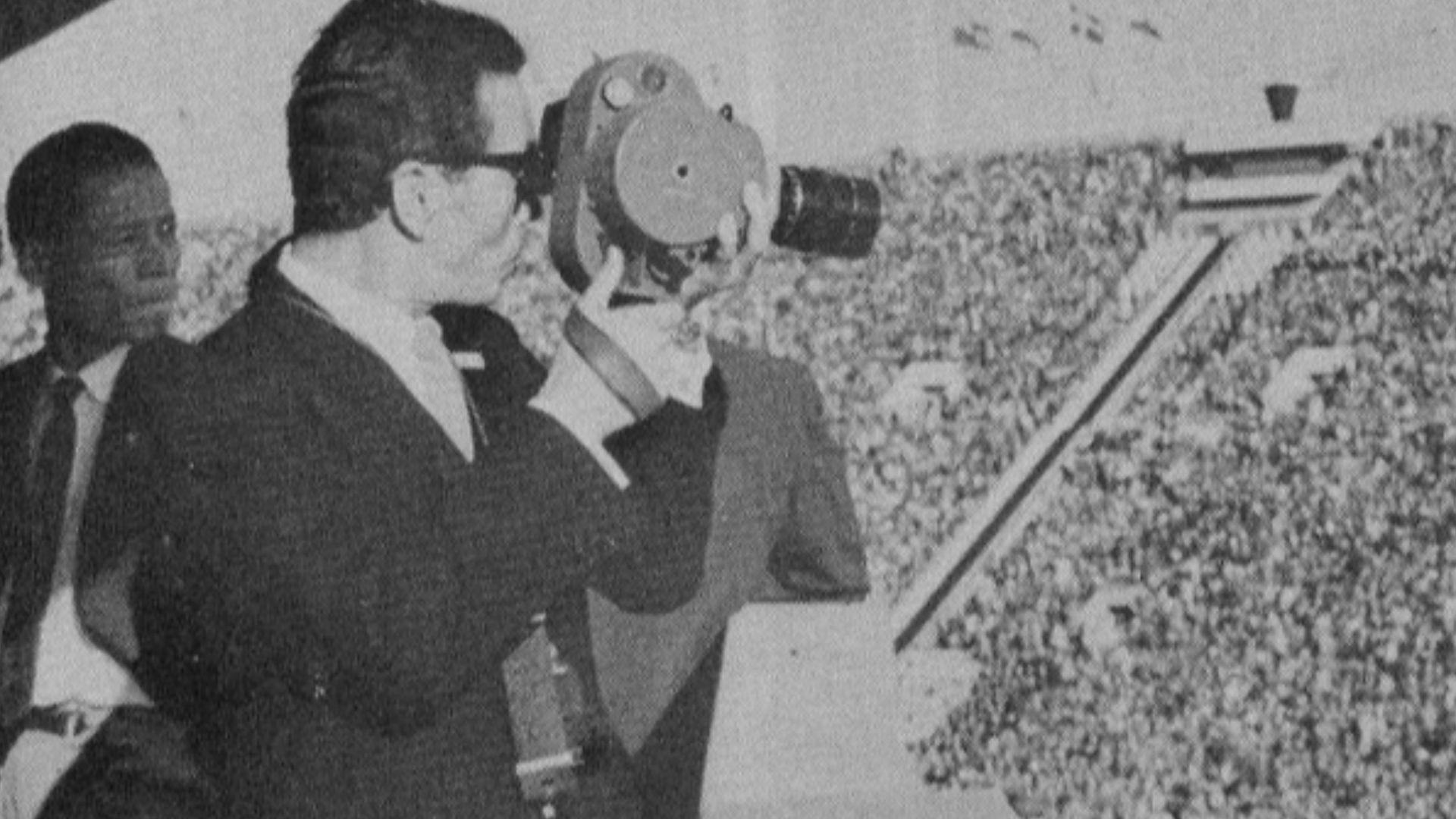 Unknown photographer, Wikimedia Commons
Unknown photographer, Wikimedia Commons
"Tangerines (2013)"
From Georgian director Zaza Urushadze, this Oscar-nominated gem finds humanity in a tiny farmhouse during conflict. Urushadze said he wanted to make a “film about conscience, not politics.” Simple, elegant, and deeply moving.
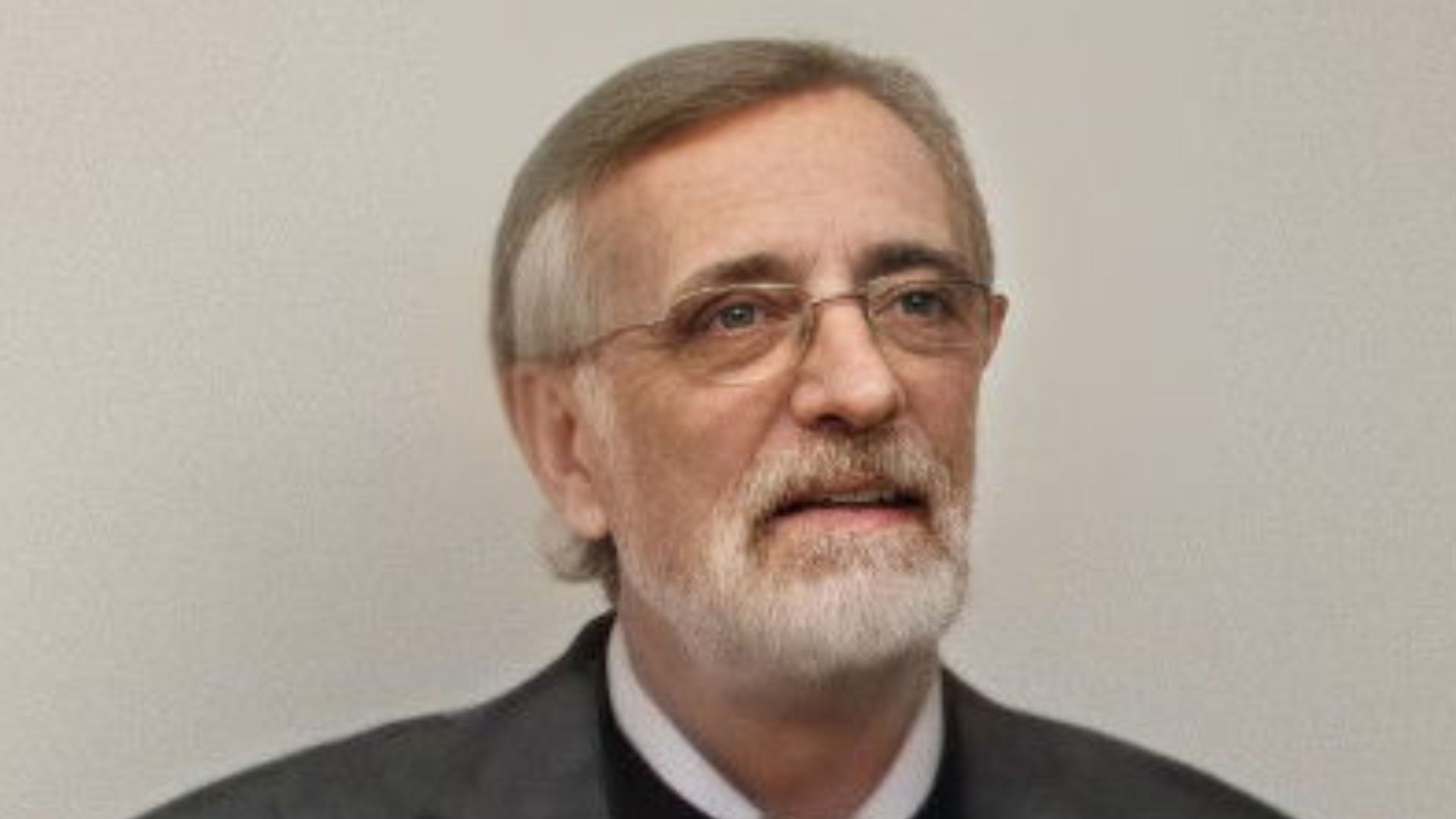 Estonian Foreign Ministry, Wikimedia Commons
Estonian Foreign Ministry, Wikimedia Commons
"The Eight Hundred (2020)"
Guan Hu’s massive Chinese production became a box office sensation, but it’s more than spectacle. Its recreation of the 1937 Shanghai defense is jaw-dropping, and Hu said it’s “not about winning—it’s about dignity.” A powerful mix of patriotism and pain.
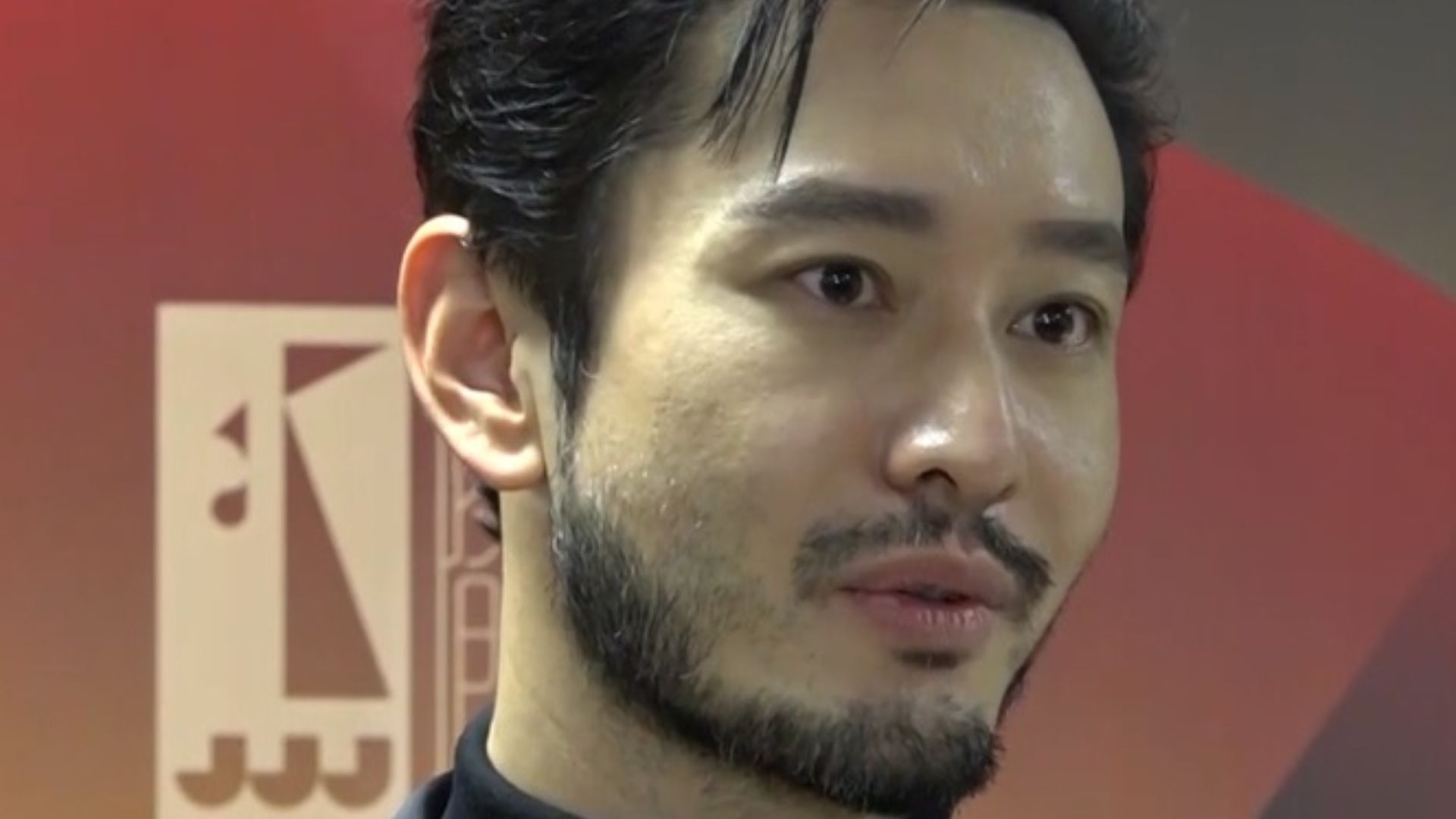 China News Service, Wikimedia Commons
China News Service, Wikimedia Commons
"Downfall (2004)"
Oliver Hirschbiegel’s gripping portrayal of the collapsing regime features Bruno Ganz in one of cinema’s greatest performances. Even critics who feared its subject matter called it “a chilling study of delusion.” It’s not about battles—it’s about implosion.
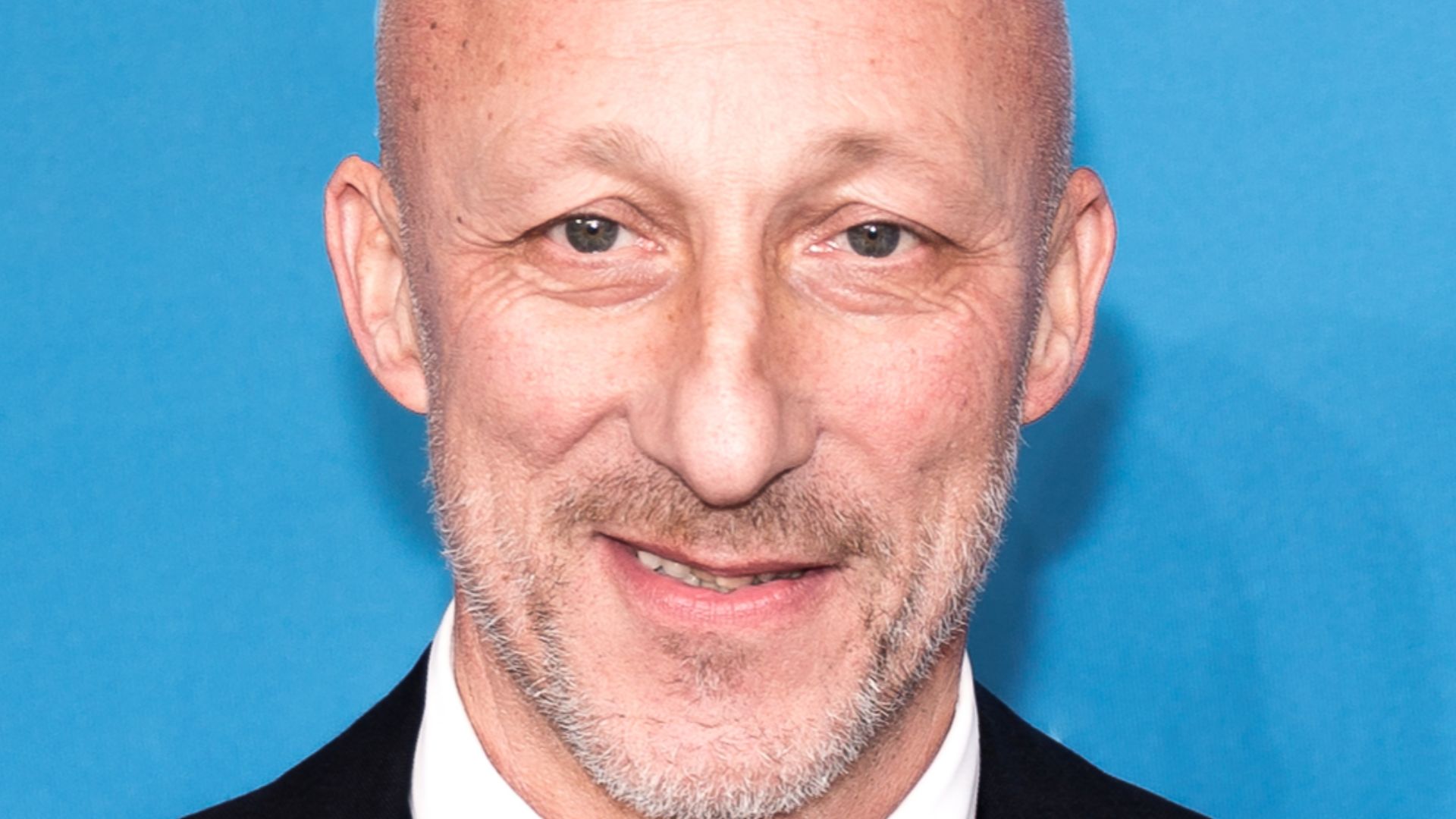 Martin Kraft, Wikimedia Commons
Martin Kraft, Wikimedia Commons
"Beasts of No Nation (2015)"
Cary Joji Fukunaga (True Detective) wrote and directed this searing tale of a child soldier, with Idris Elba commanding the screen. Fukunaga said he wanted to explore “how innocence gets weaponized.” It’s a film that breaks your heart without ever asking for pity.
"Kayaking (2014)"
Director Paul Katis’s debut captures real-life heroism as British soldiers are trapped in an Afghan minefield. Shot on location in Jordan, it’s nerve-shredding realism. The soldiers it depicts later praised the film’s accuracy—“That’s how it felt,” one survivor said.
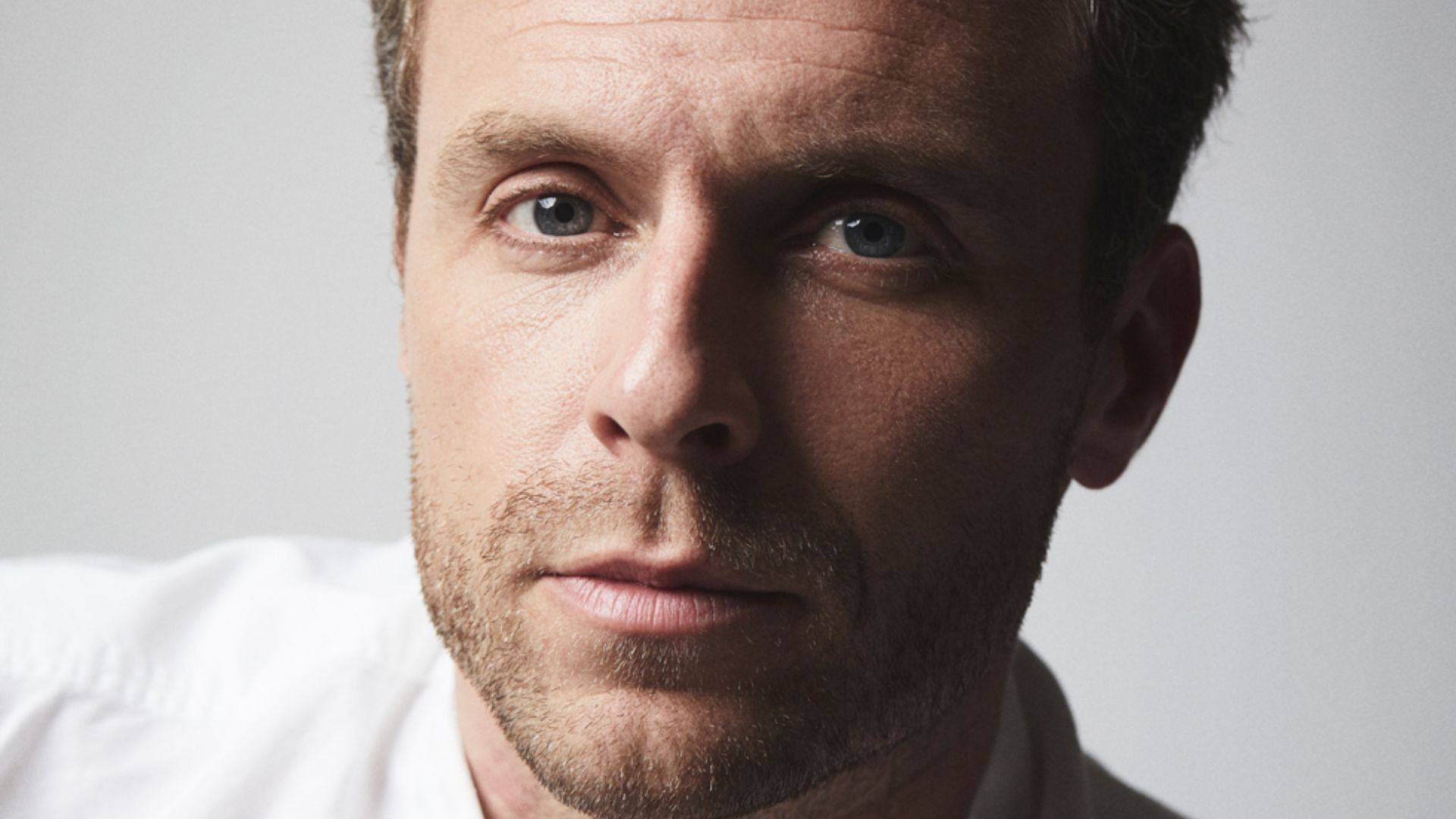 InnerSpaceData, Wikimedia Commons
InnerSpaceData, Wikimedia Commons
"The Messenger (2009)"
Directed by Oren Moverman, this film follows soldiers who deliver death notifications to families. Woody Harrelson said it “showed me the real cost of war in a way I’d never understood before.” Quiet, devastating, and perfectly acted.
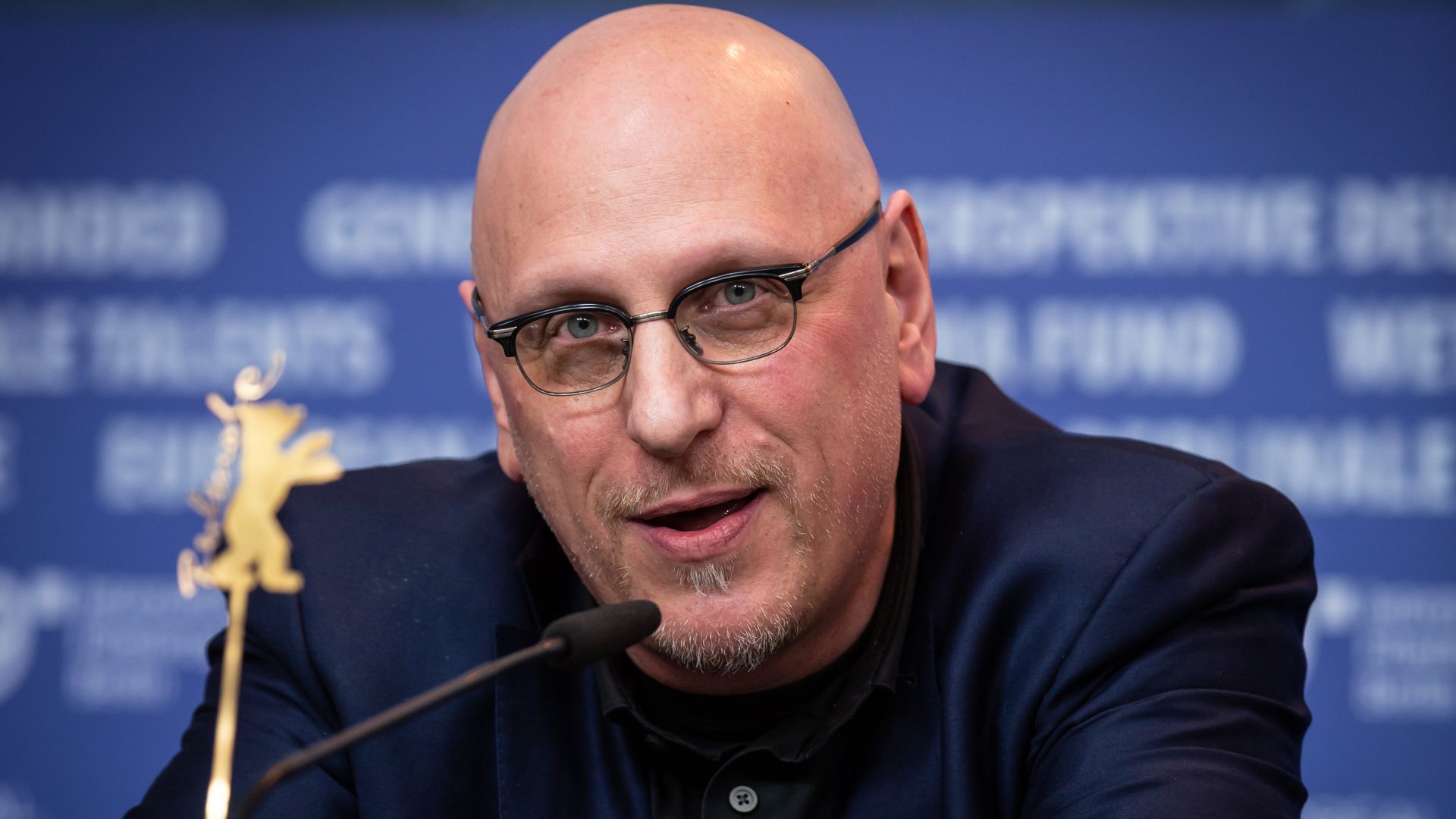 Harald Krichel, Wikimedia Commons
Harald Krichel, Wikimedia Commons
"The Outpost (2020)"
Rod Lurie directs this adaptation of Jake Tapper’s nonfiction account of the Battle of Kamdesh. Lurie, a former soldier, insisted on realism: “We built it like a documentary.” The result feels more authentic than most big-budget war films.
"The Siege of Jadotville (2016)"
Irish director Richie Smyth tells the true story of UN troops outnumbered and abandoned in the Congo. Star Jamie Dornan called it “the most important story I’ve told.” It’s a gripping underdog tale of courage and forgotten valor.
"Letters from Iwo Jima (2006)"
Clint Eastwood directs this companion to Flags of Our Fathers, told from the Japanese side of the same battle. Ken Watanabe said he was drawn to it because “it showed we all lost something.” Eastwood’s empathy makes it one of his finest films.
"The 12th Man (2017)"
Directed by Harald Zwart, this Norwegian survival story follows Jan Baalsrud’s escape across frozen wilderness. It’s as visually stunning as it is inspiring. Zwart said he wanted viewers to feel “every breath of cold, every ounce of pain.” Mission accomplished.
 Ian Smith from London, England, Wikimedia Commons
Ian Smith from London, England, Wikimedia Commons
"Trial on the Road (1971)"
Aleksei German’s long-suppressed masterpiece examines redemption through the eyes of a defector turned resistance fighter. When it was finally released years later, critics hailed it as “the war film the Soviet Union wasn’t ready to face.” Gritty, brave, and ahead of its time.
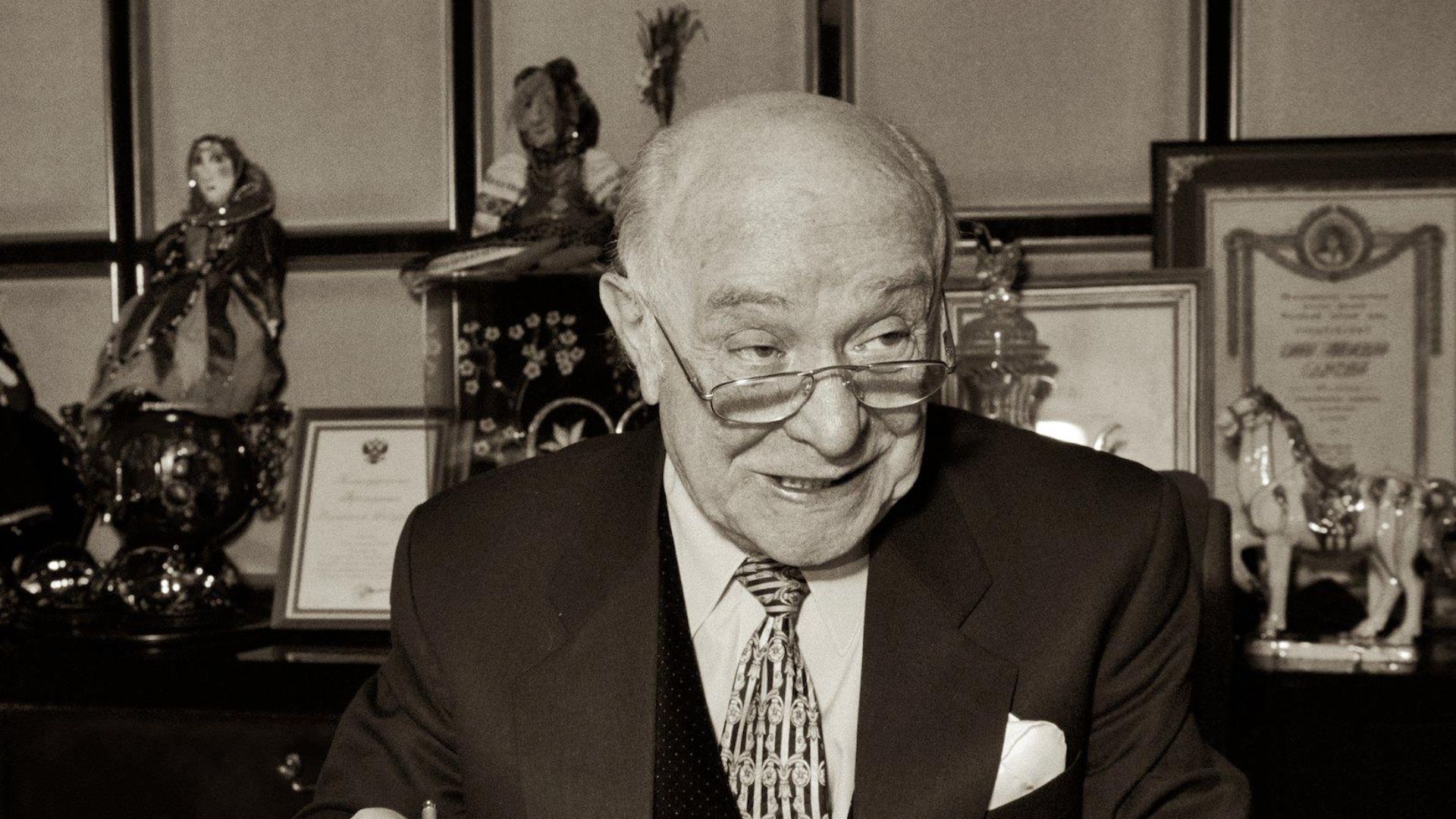 Igor Vereshchagin, Wikimedia Commons
Igor Vereshchagin, Wikimedia Commons
You Might Also Like:
The Most Realistic War Movies Ever Made
The Best Movies About Forgotten Wars

